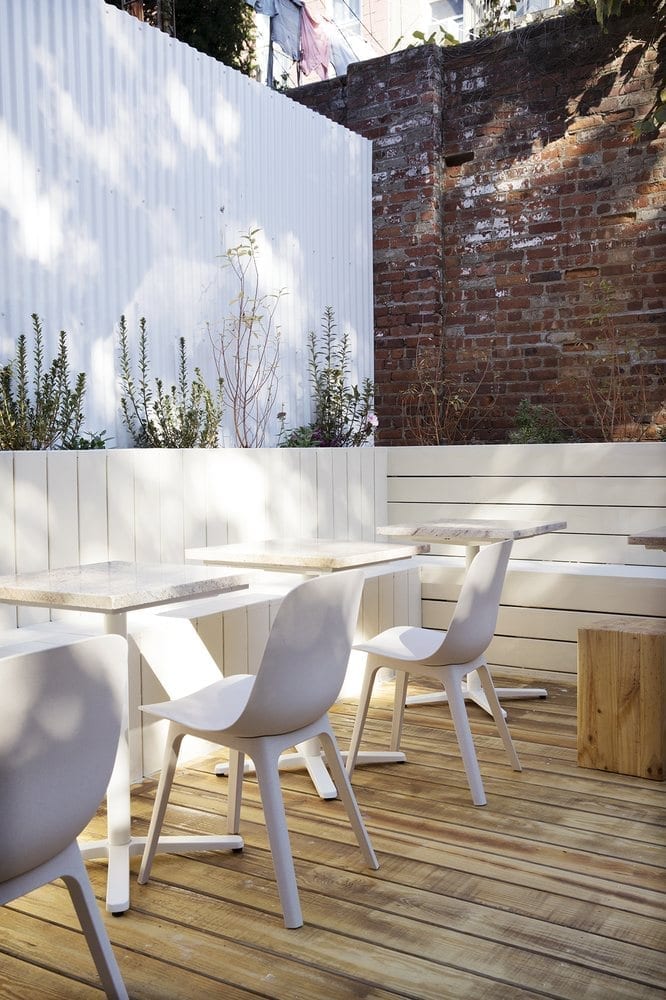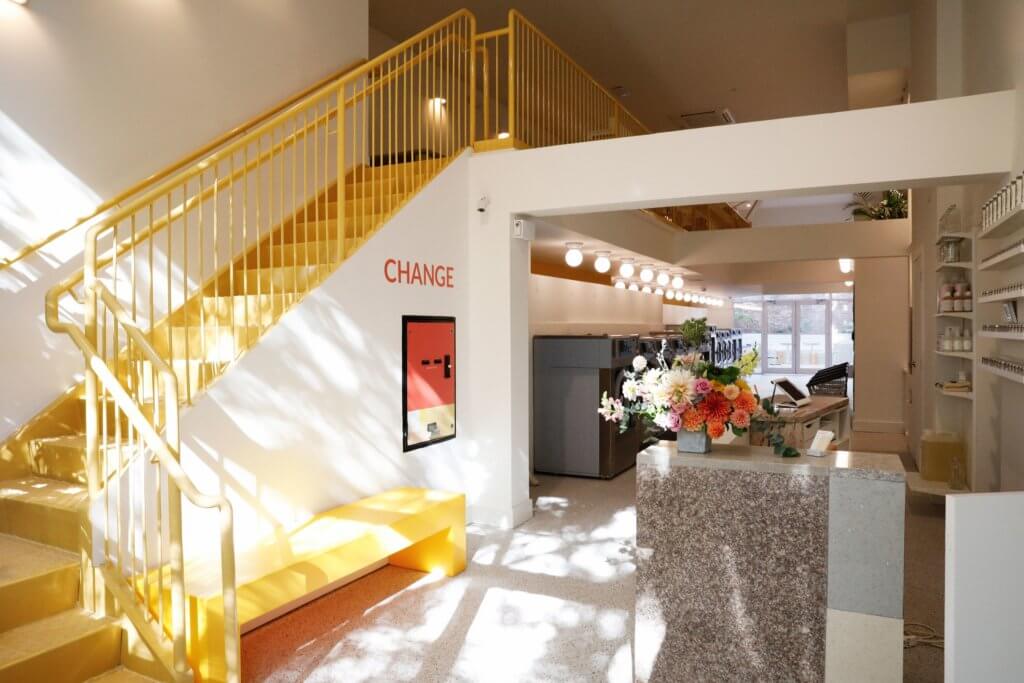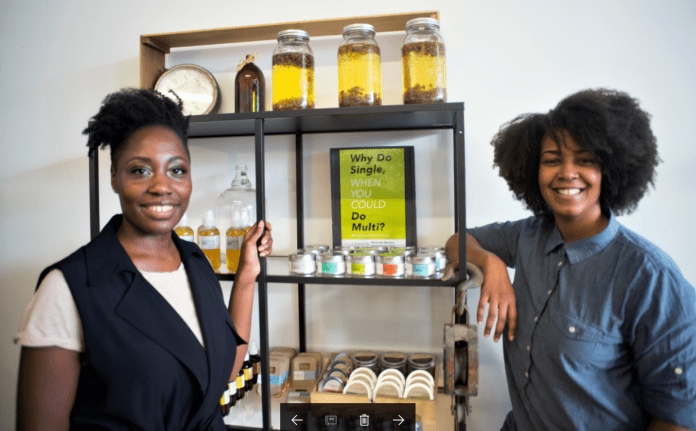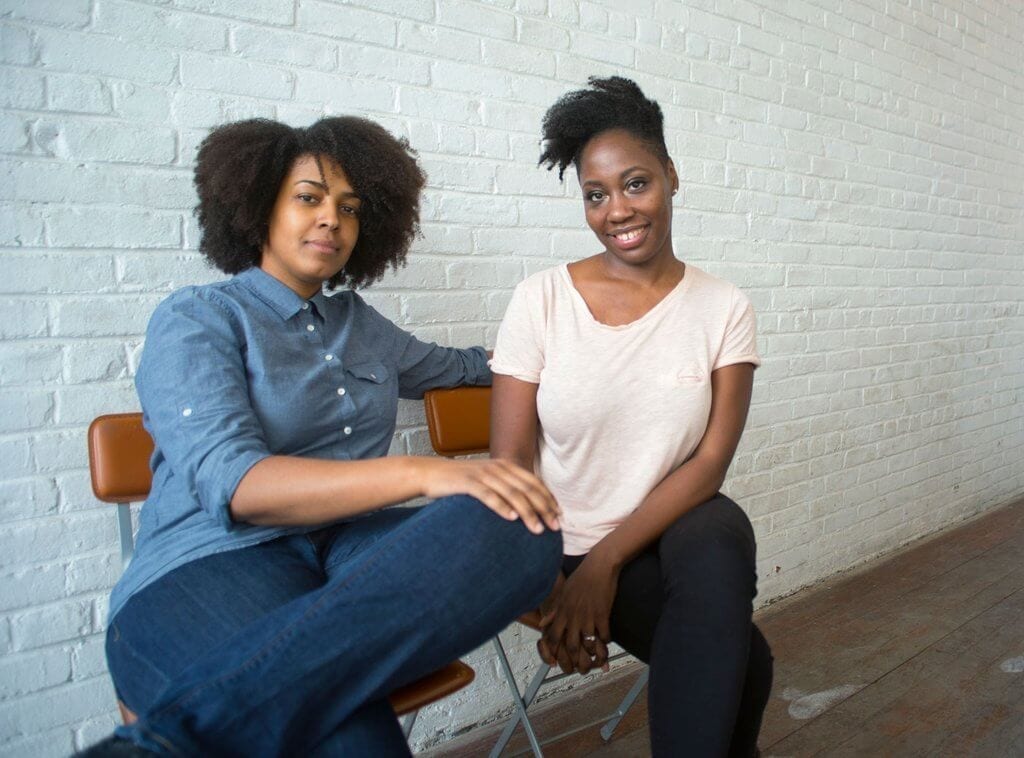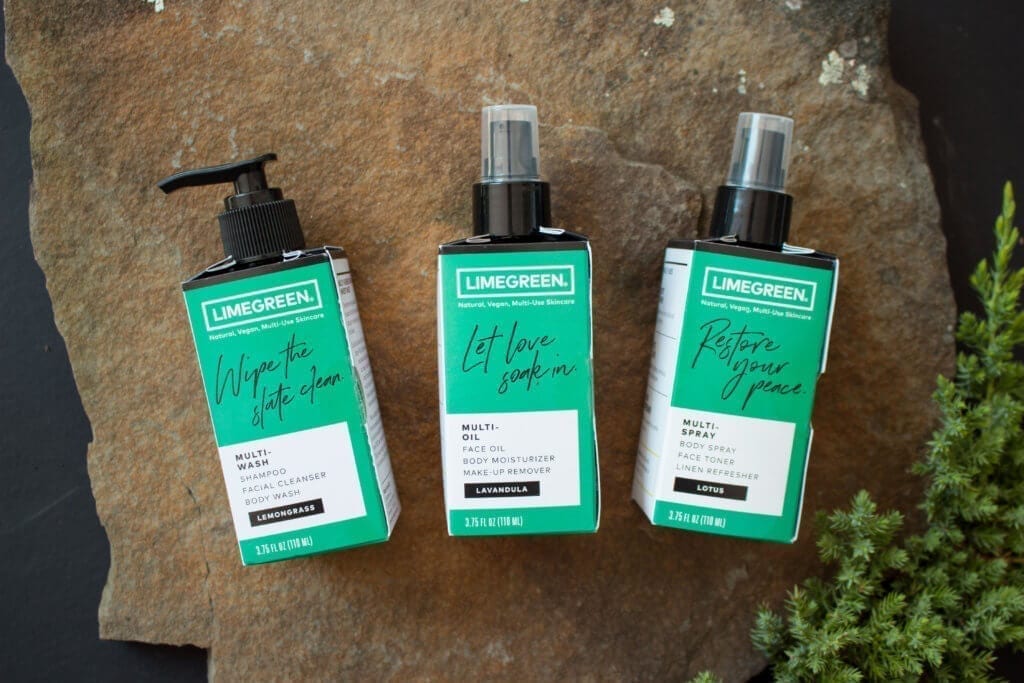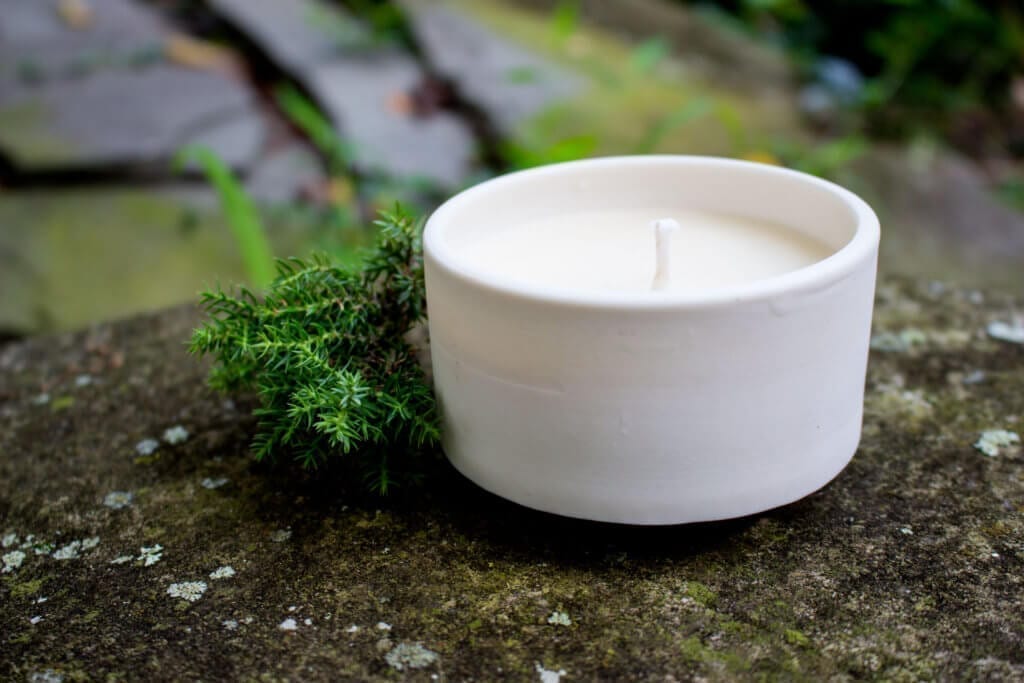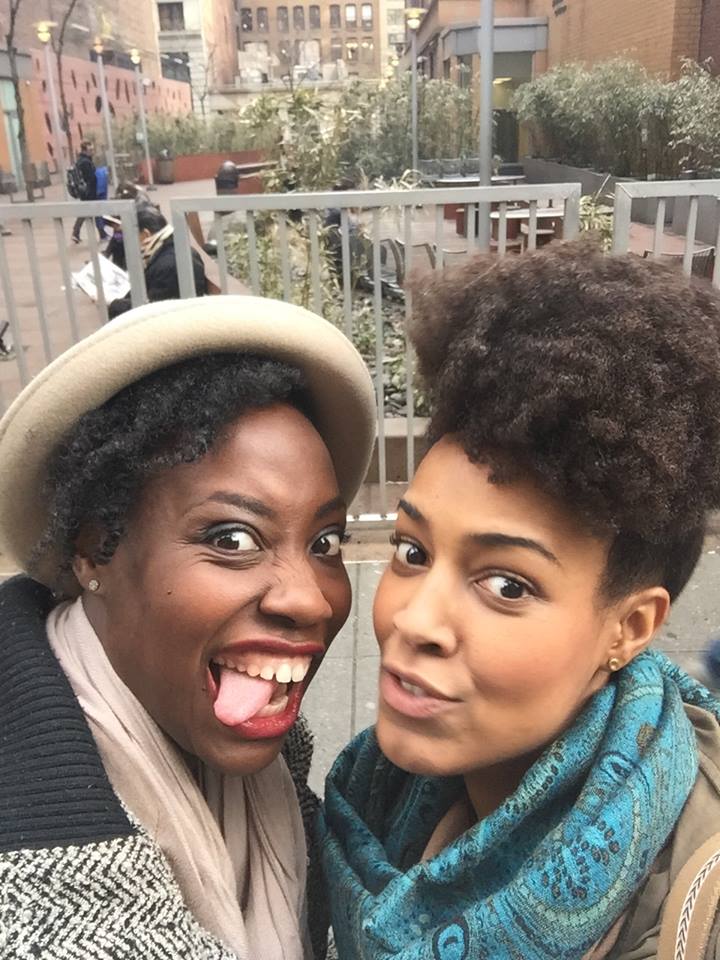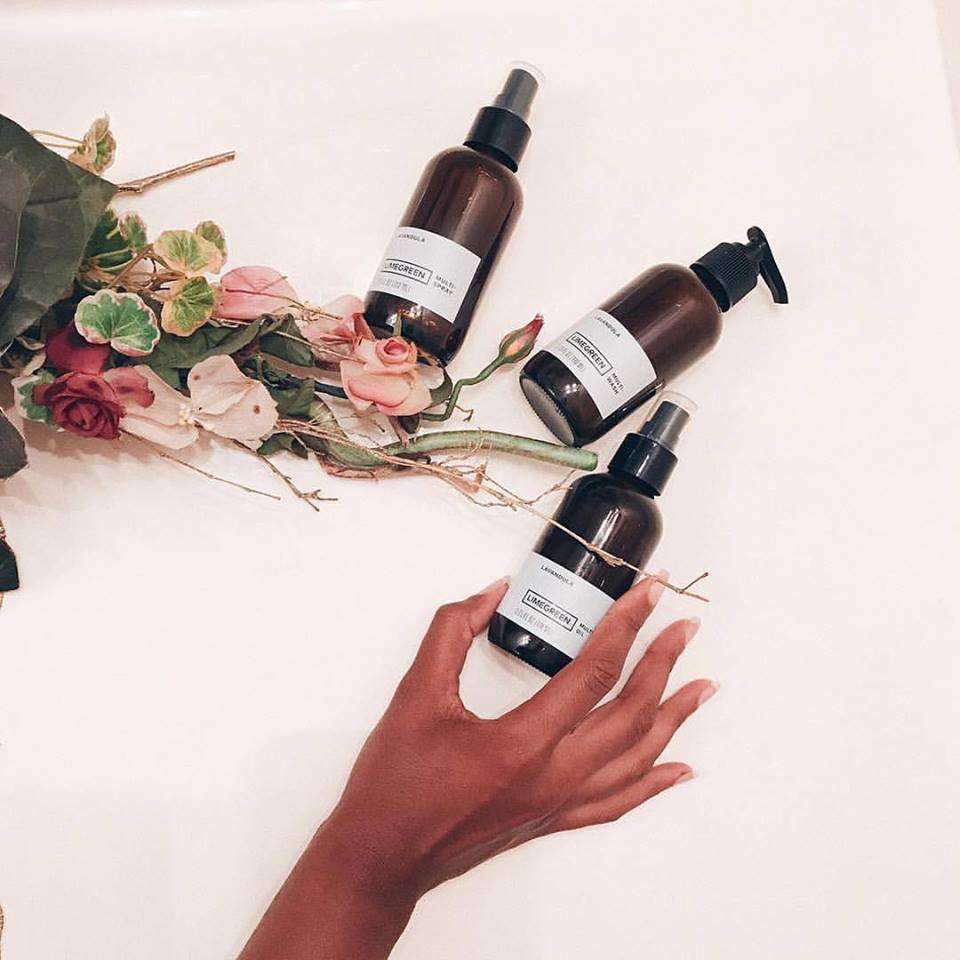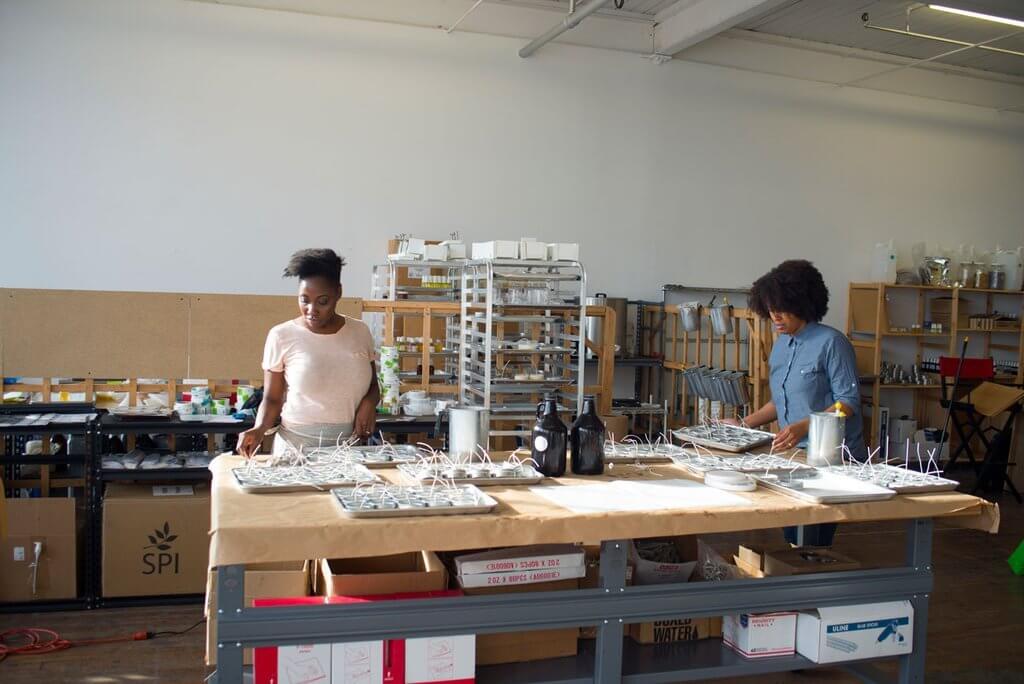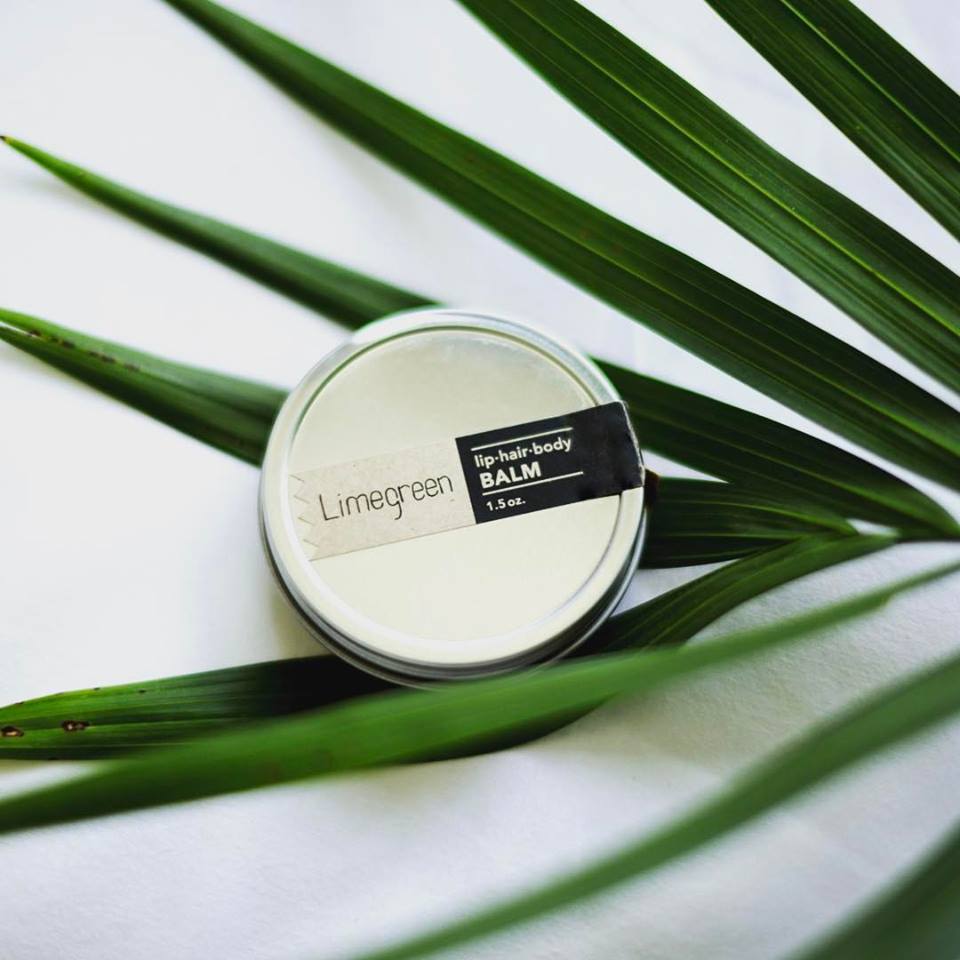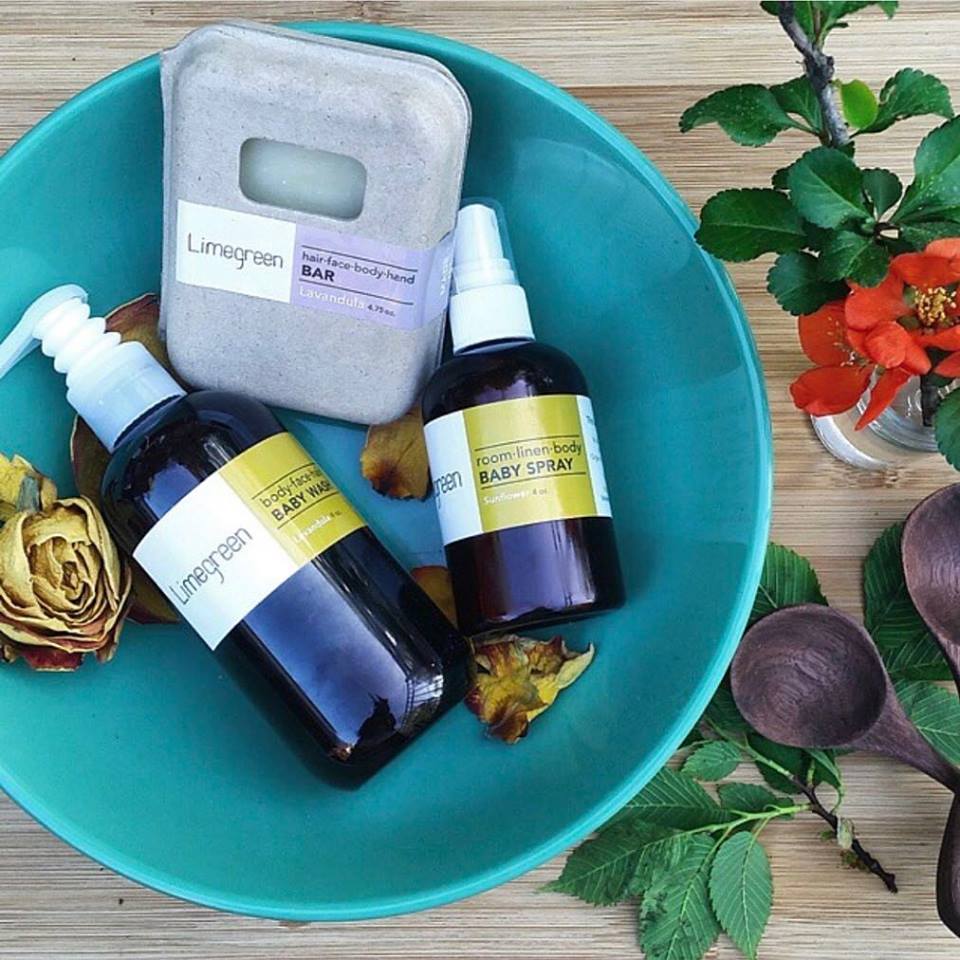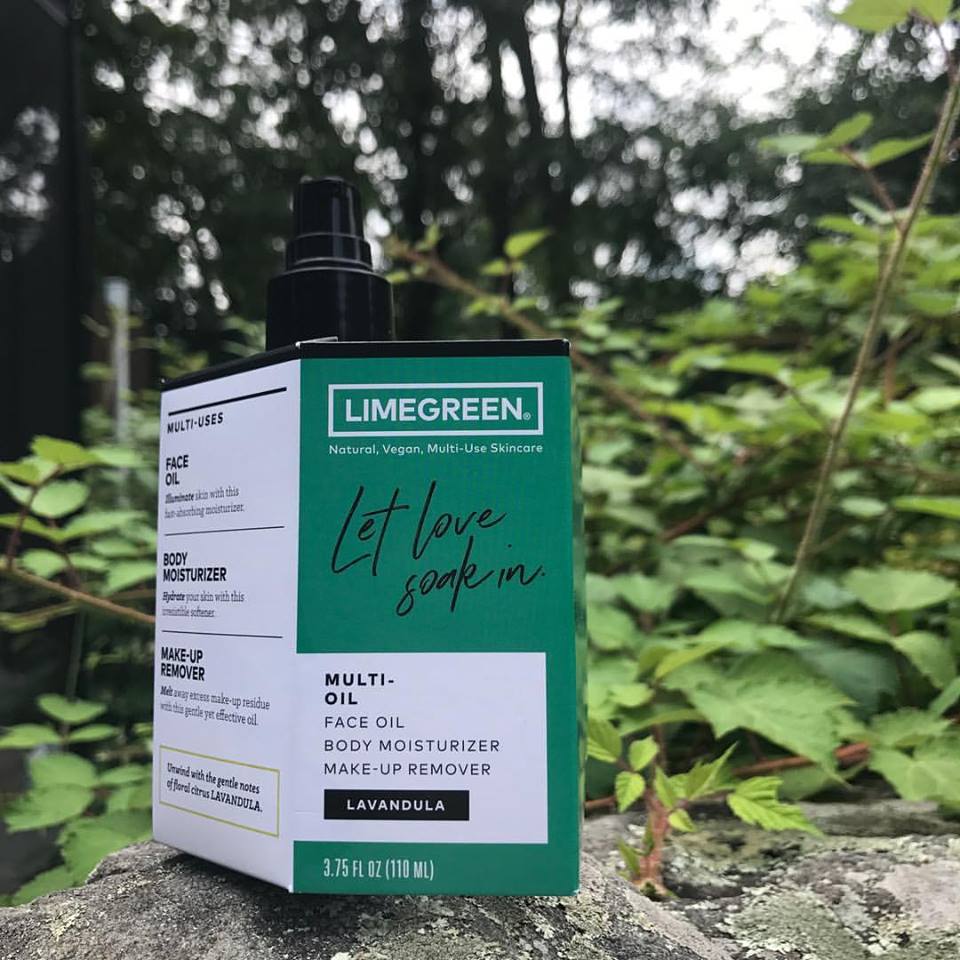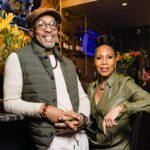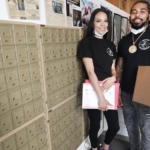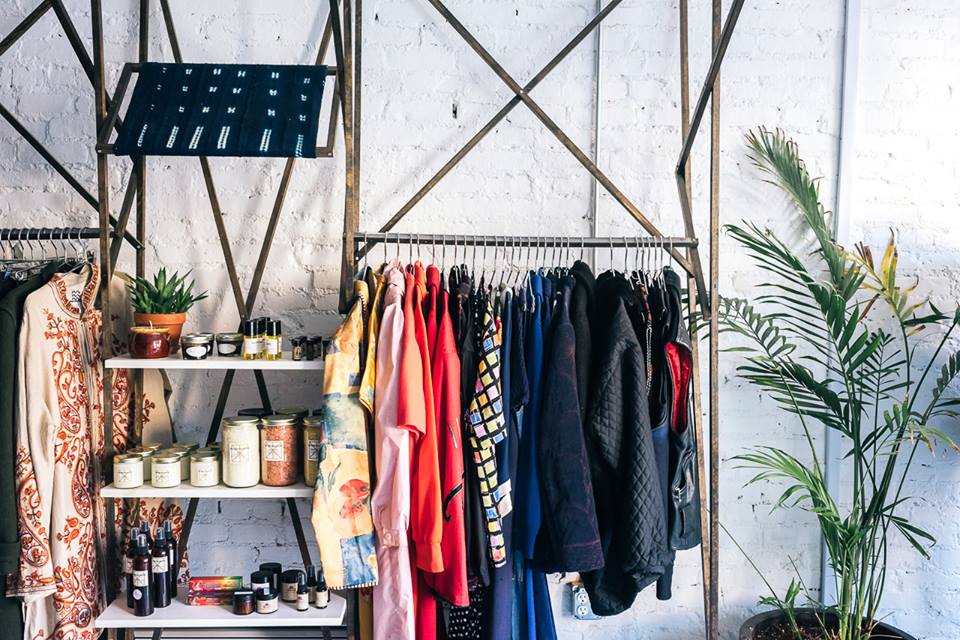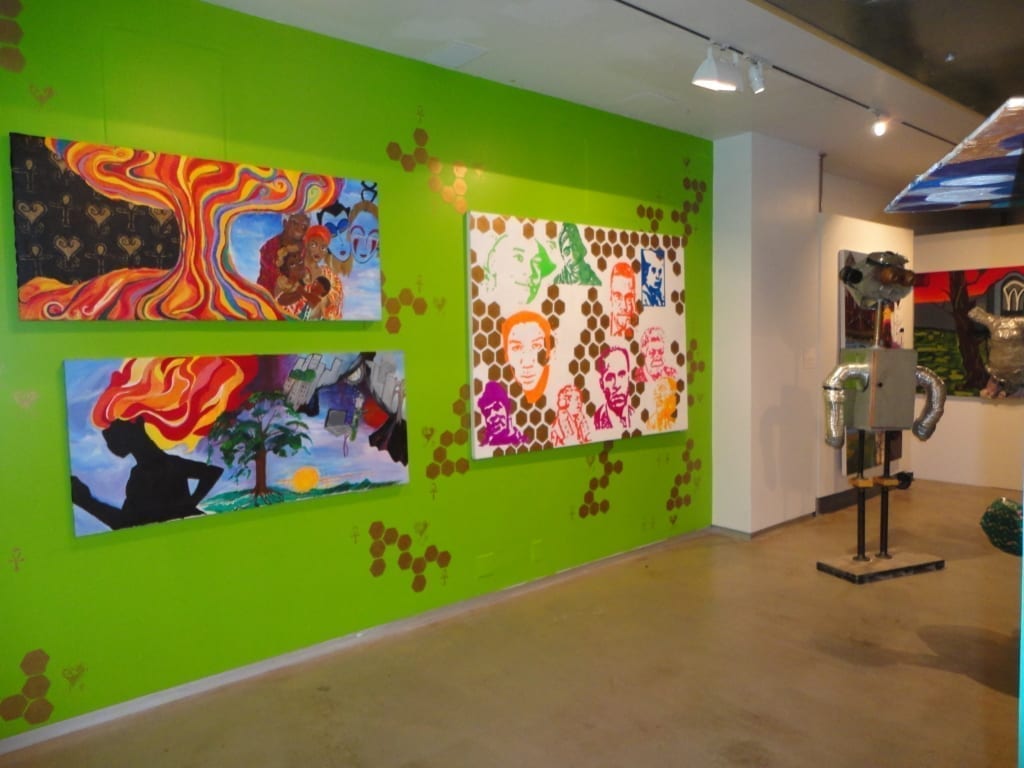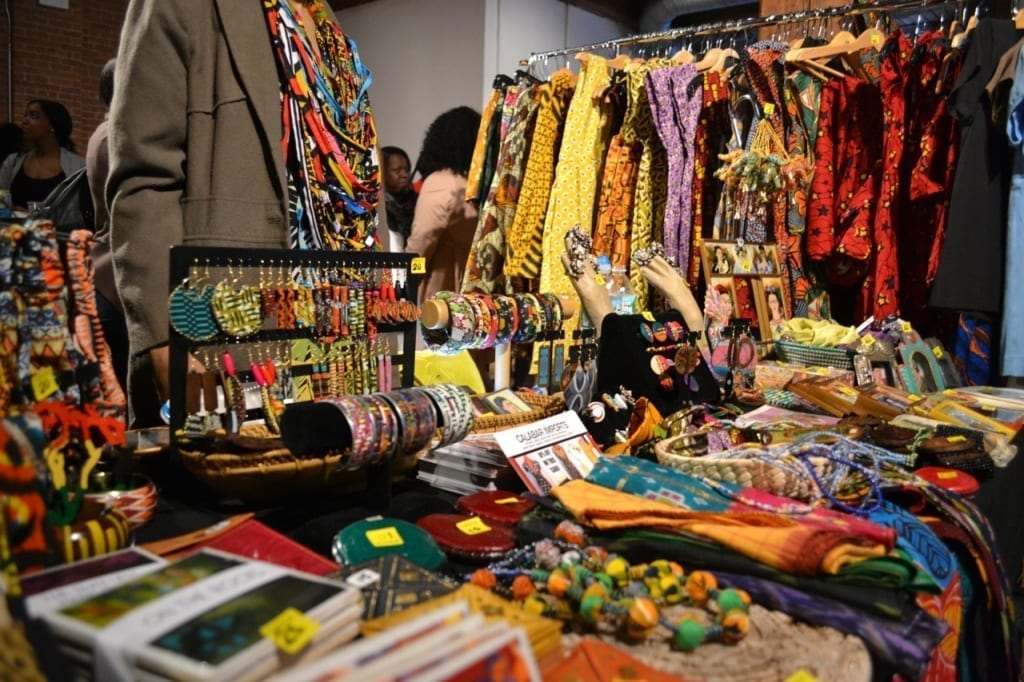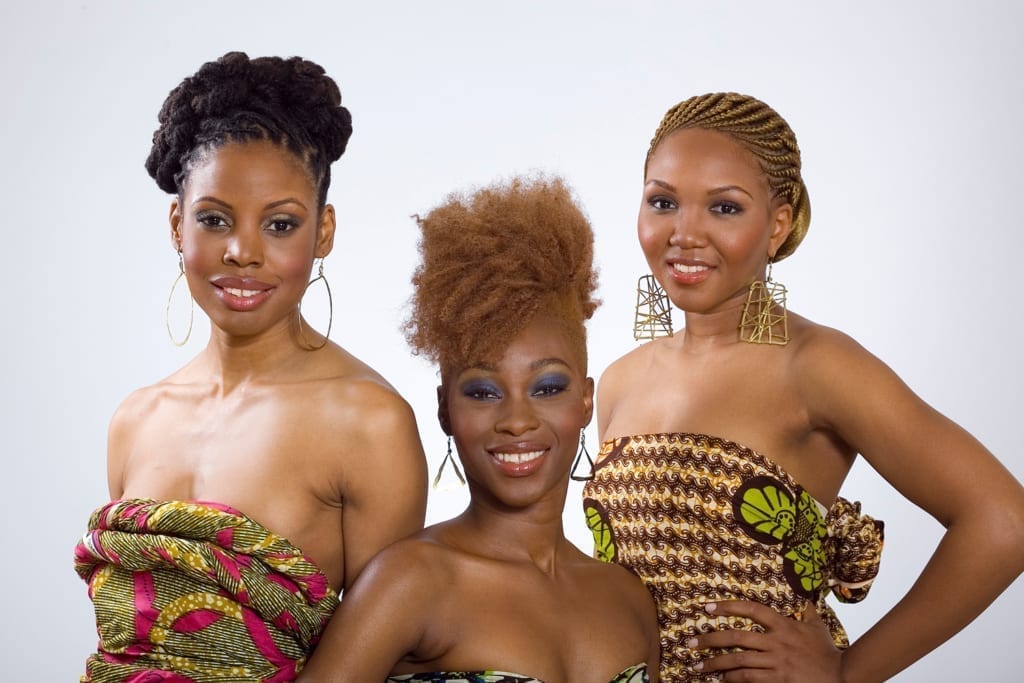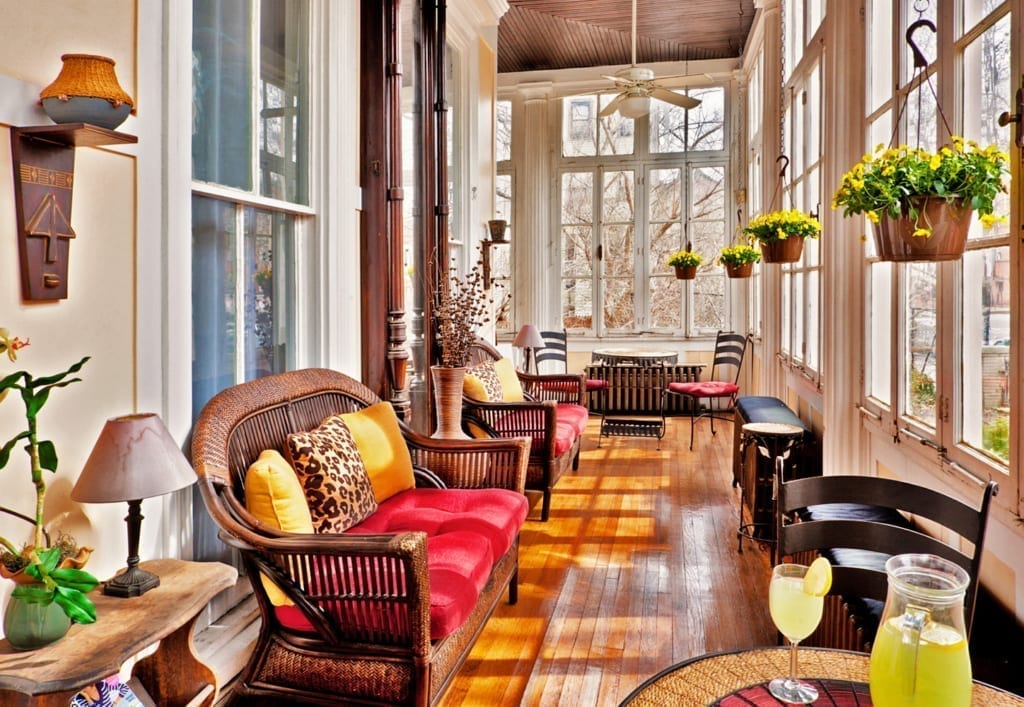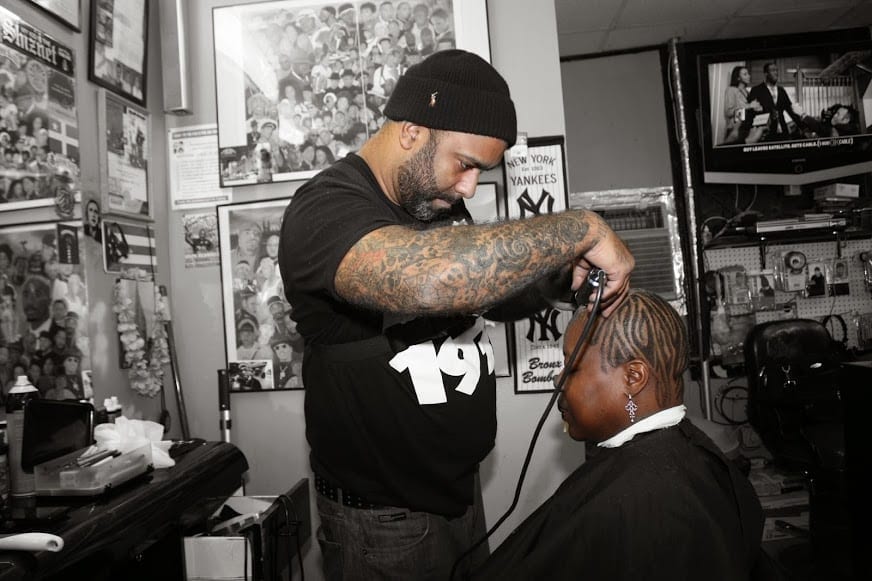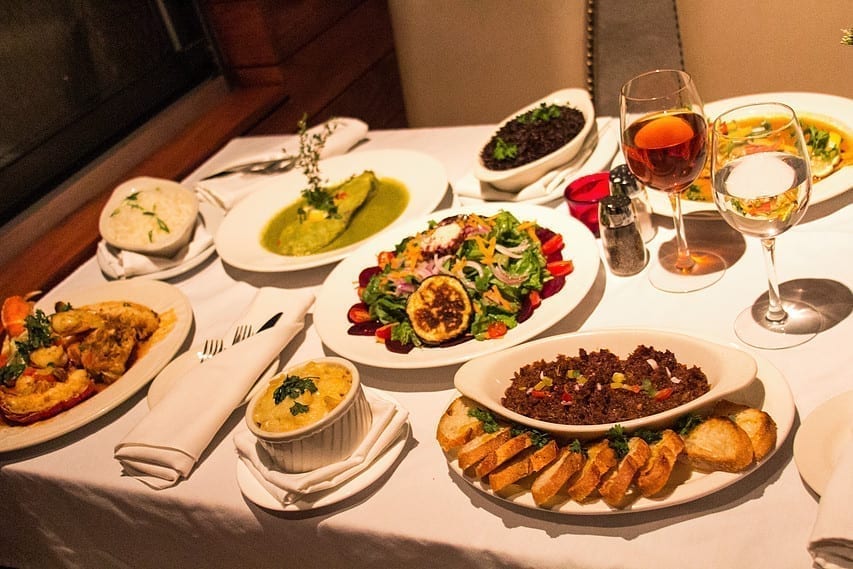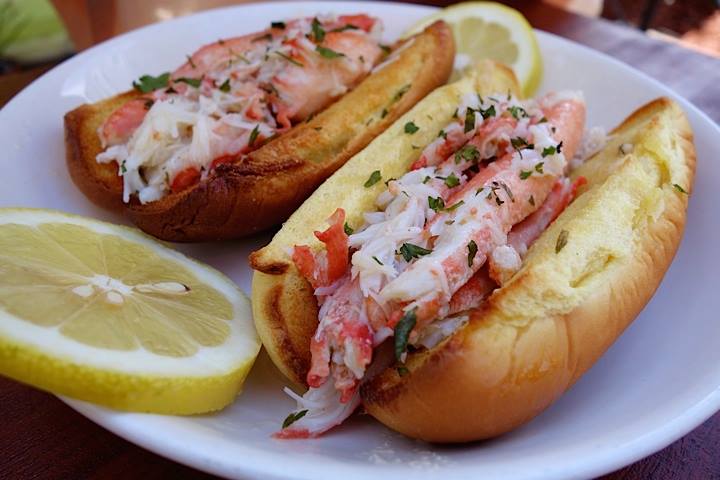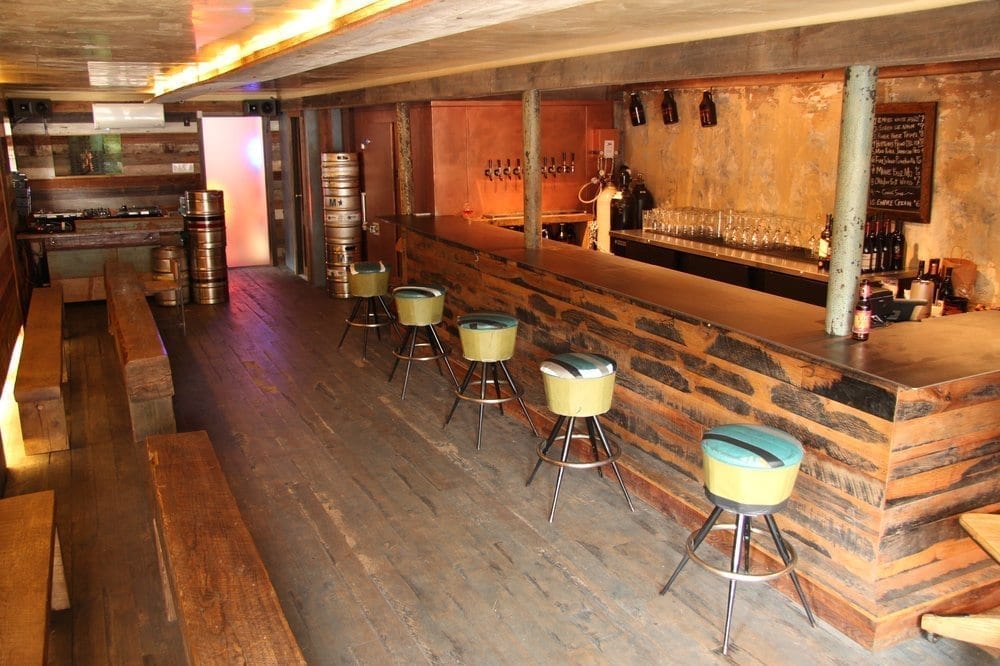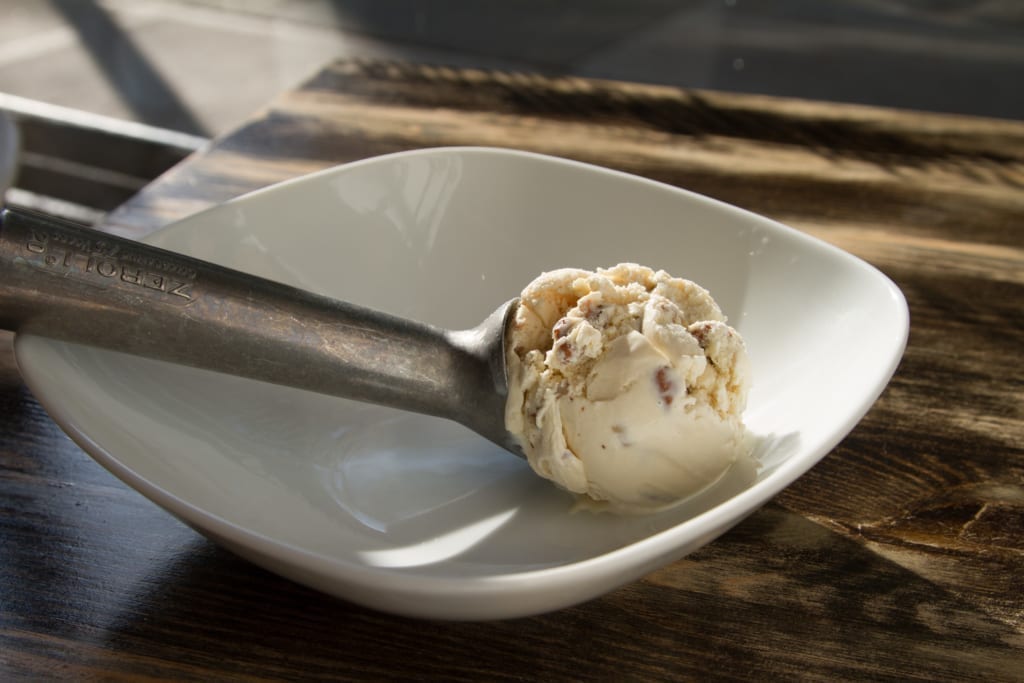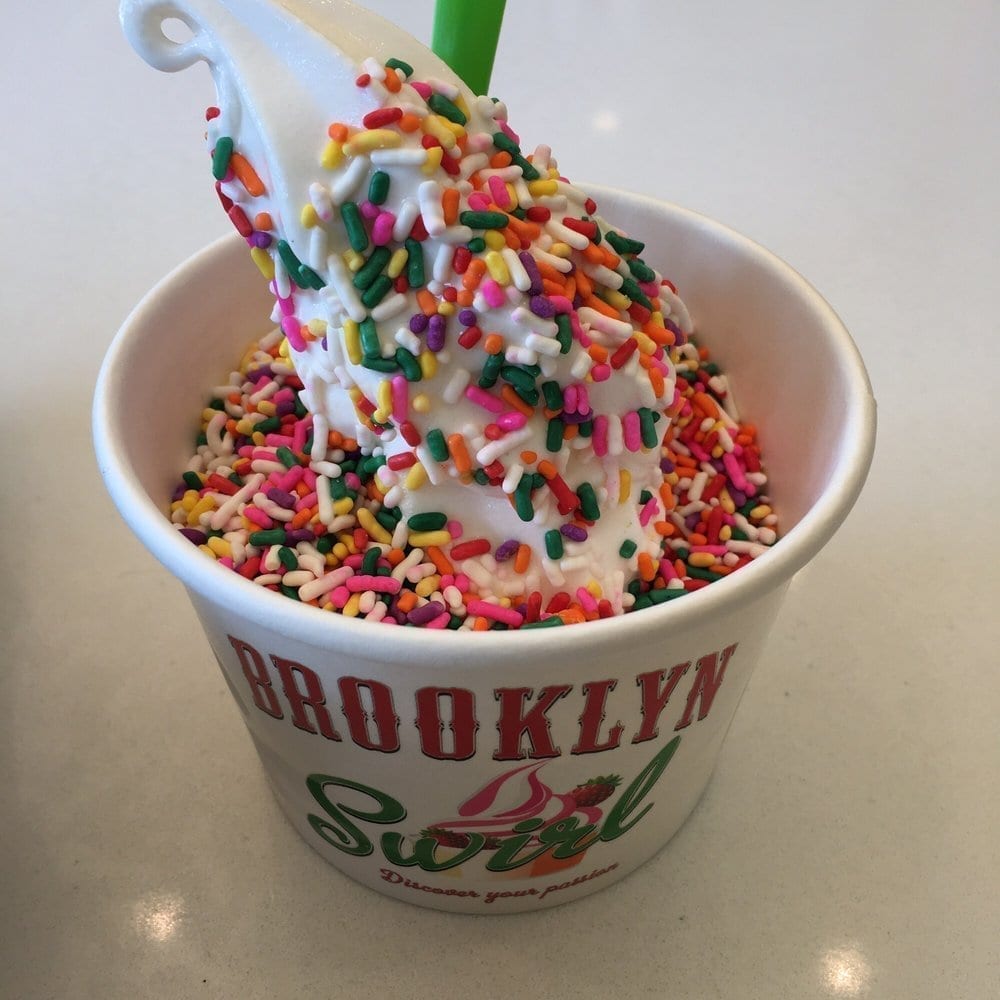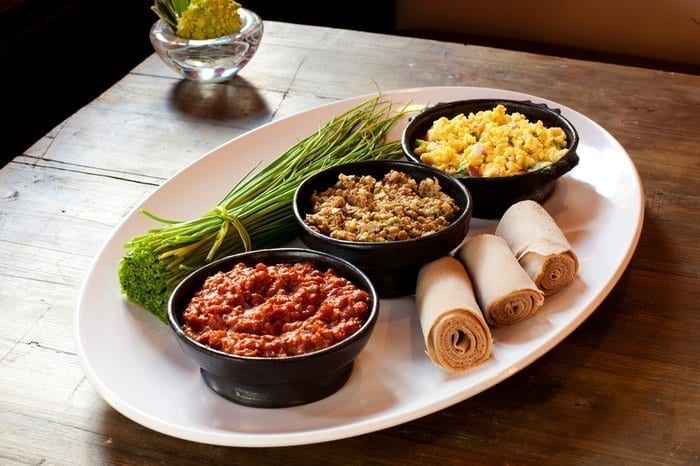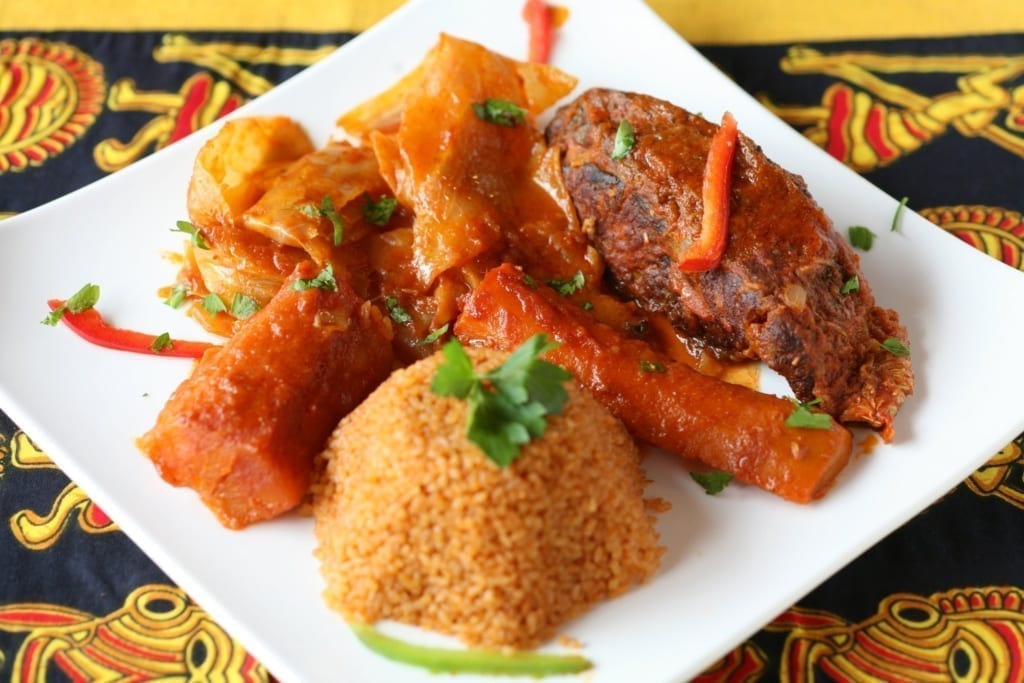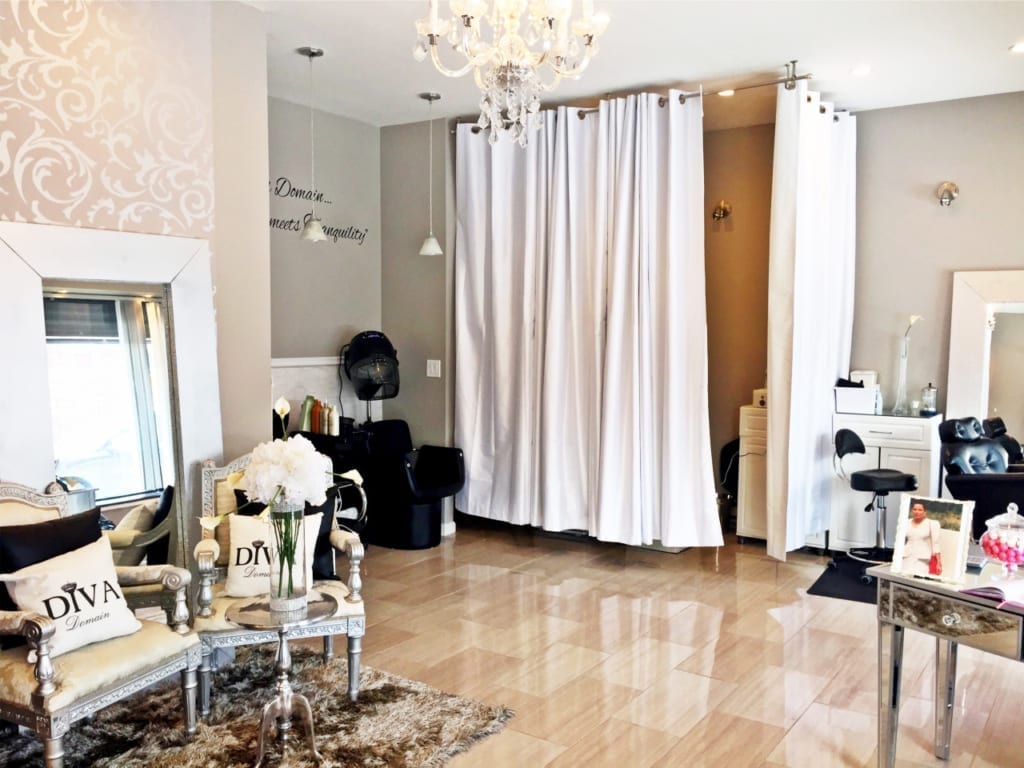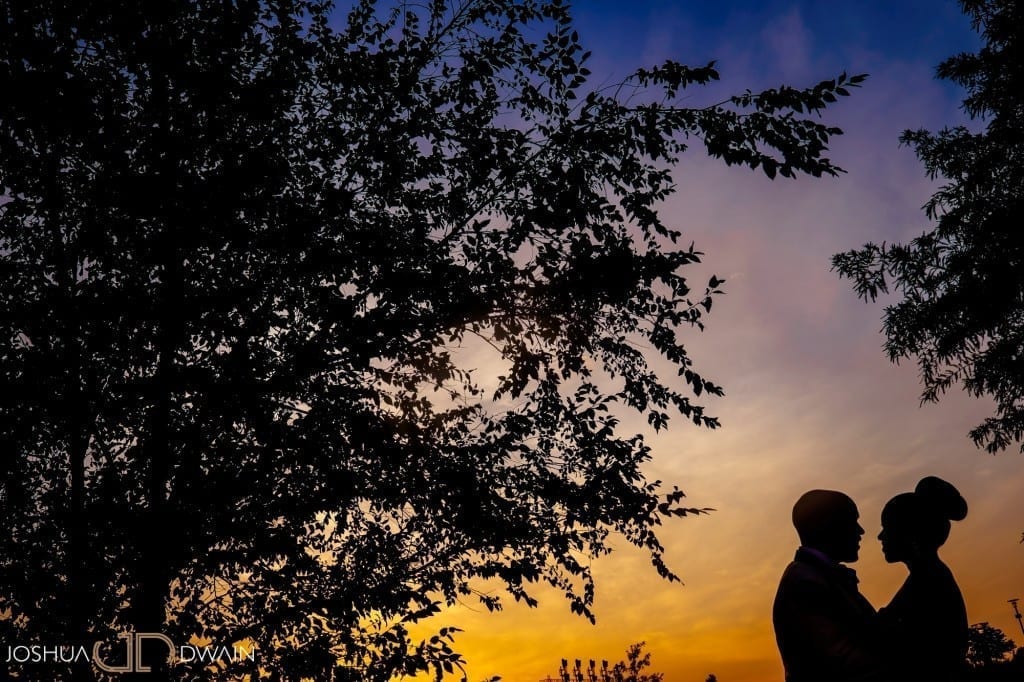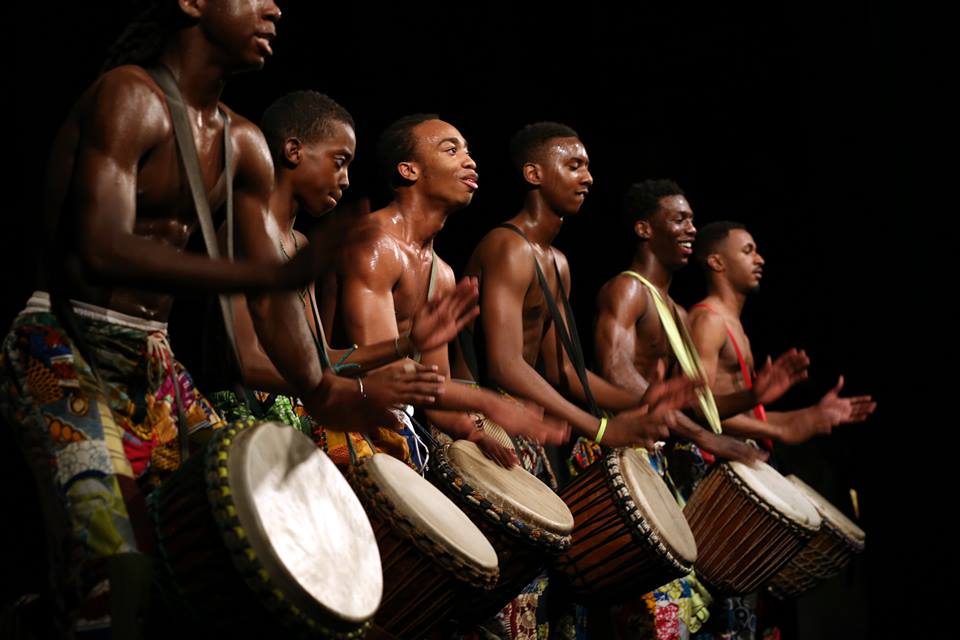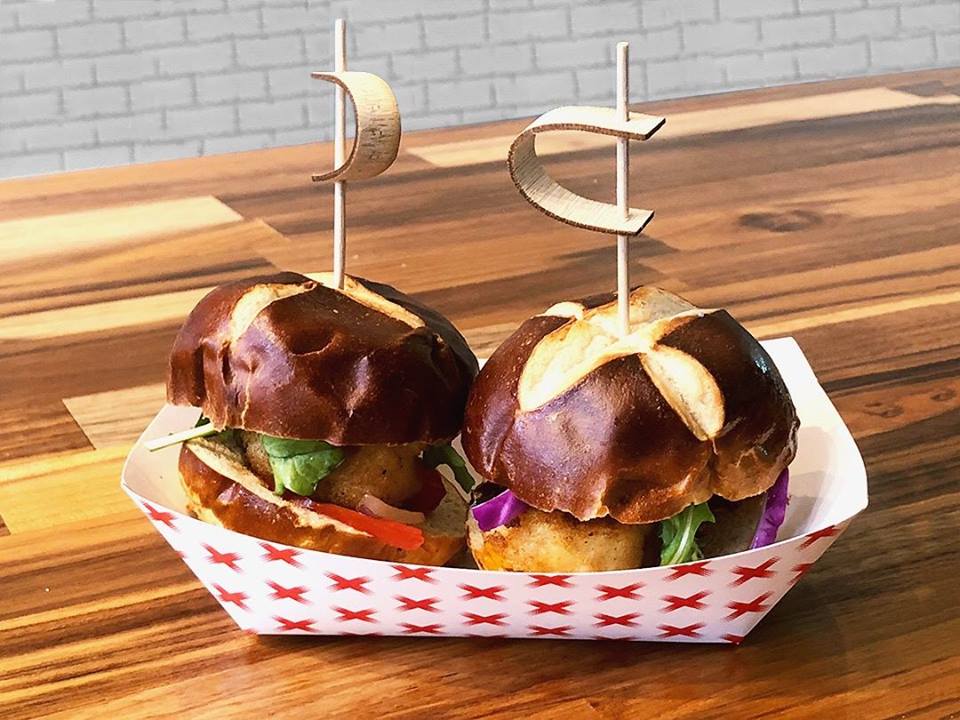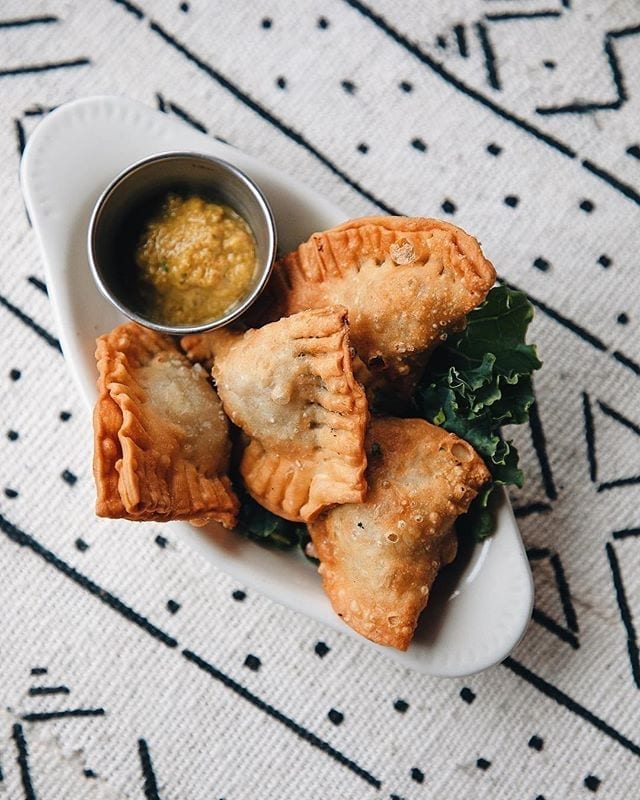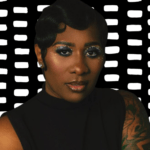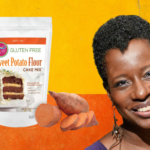Marché Rue Dix is a unique concept store in Crown Heights, Brooklyn that combines vintage finds, artisanal products, and private label goods.
In order to create a store that reflects her love for vintage and connects Brooklyn to Senegal, founder Nilea Alexander expanded her original vision for Cafe Rue Dix, a Senegalese restaurant that she and her husband Lamine Diagne co-founded.
In this interview, we’ll explore how Nilea selects products for Marché Rue Dix, her tips for running a successful concept store, and the factors that have contributed to Marché Rue Dix’s longevity.
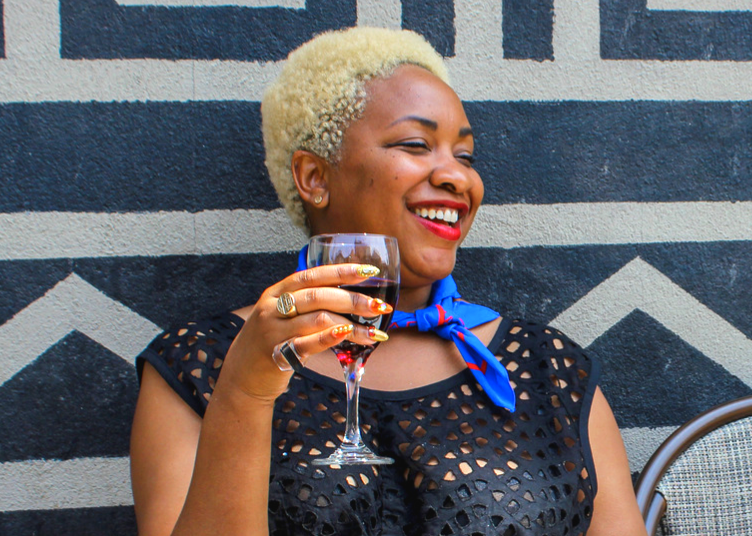
What was the inspiration behind Marche Rue Dix?
Originally we started off in 2013 with Cafe Rue Dix, a Senegalese restaurant and bar space in Crown Heights Brooklyn. But I always collected vintage in my home. I used to sell it from there and sell it at flea markets. I sold vintage for a really long time.
When the space next door to the cafe became available I was so excited! I’ve always wanted a store. I thought, ‘Oh it could be connected and I could tie it back to the restaurant and the two spaces could speak to each other.’ I thought it would be a great opportunity to mix my love for vintage and found goods with more experiential items that could tell a really strong story.
This led me to new levels of creativity and learnings around brand and concept development. I had to figure out what the package goods for the store would look like in terms of coffee and tea for example. Being inspired by my travels to Senegal, I thought, ‘What are some of the influences that I can tie in? How can I connect Brooklyn to Senegal? So it became a mix of “Nilea’s favorite things”, vintage, mixed with some artisanal clothing and jewelry imported from Senegal, coffee, tea, spices etc.
And now we’re all the way up to the DSS 2 JFK collections– these are full clothing and jewelry collections that I design and produce in Senegal. We’re really tying a bow around everything– creating a space where people can come and experience our connection to Senegal and beyond here in Brooklyn.
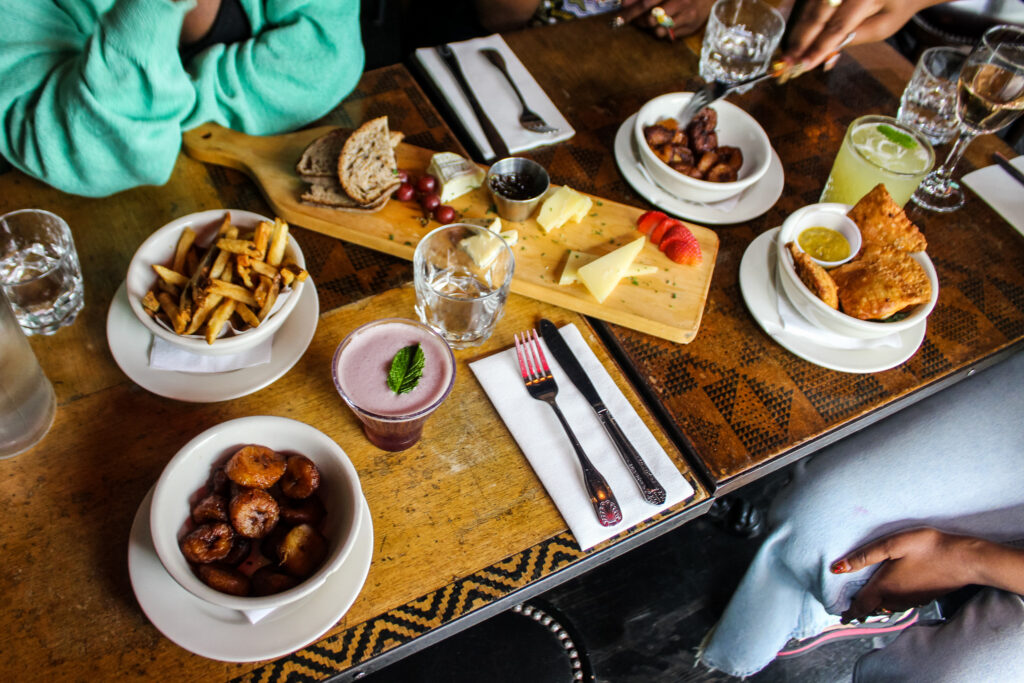
How do you decide what products to offer?
It’s all part of our natural evolution– we started off with vintage and then we continued to add in products that aligned with our broader concept of connecting Brooklyn to Senegal. This especially came about as I began to spend more time in Senegal. I just wanted to share whatever inspired me at the various times of my travels. I want people to experience this through the store, and the brand.
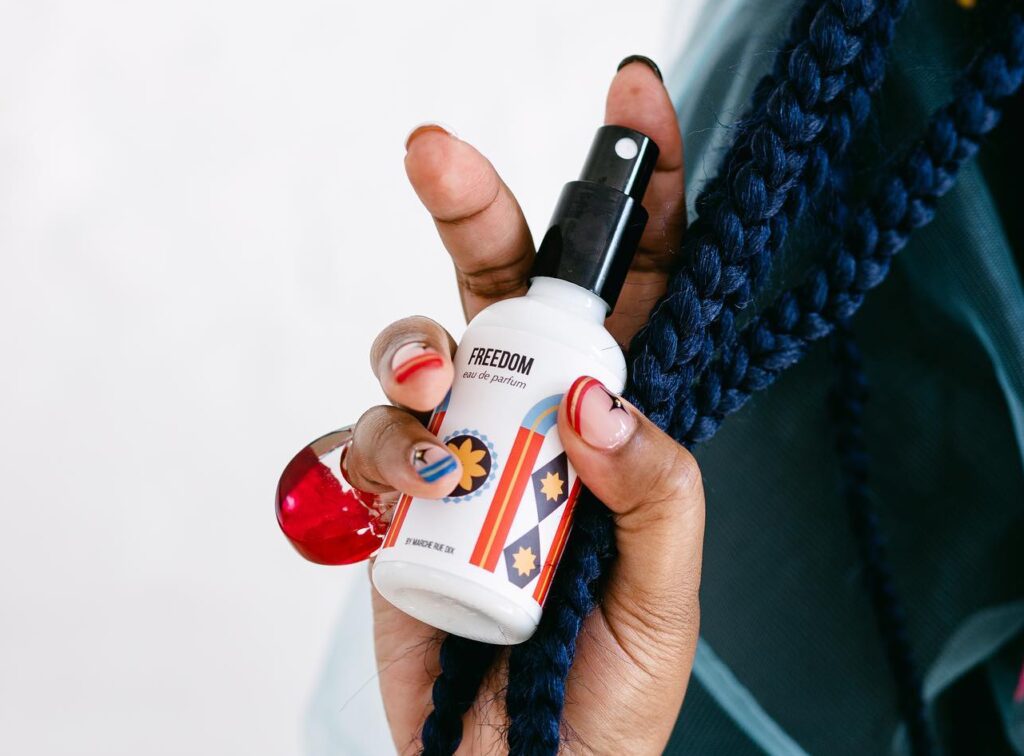
You’ve been in business for almost 10 years? What do you attribute that longevity to?
I think it’s about growing with the customer and staying true to myself and ourselves as a brand. As I grow I’m inspired by different things and I try to remain true to that, with the thought that it will potentially inspire others.
You also have to be adaptable. The last 2, or 3 years have been dominated by Covid– that for me was a lesson in adaptability. All the things that affect you as a person, in turn, affect the people around you, which in turn affect what you’re selling and what you’re offering to people.
Most importantly the community is a major part of our longevity! The people that support us and want to be a part of what we are doing. they feel that our brand is important to them, and they supported us because they wanted us to continue to be around post-pandemic.
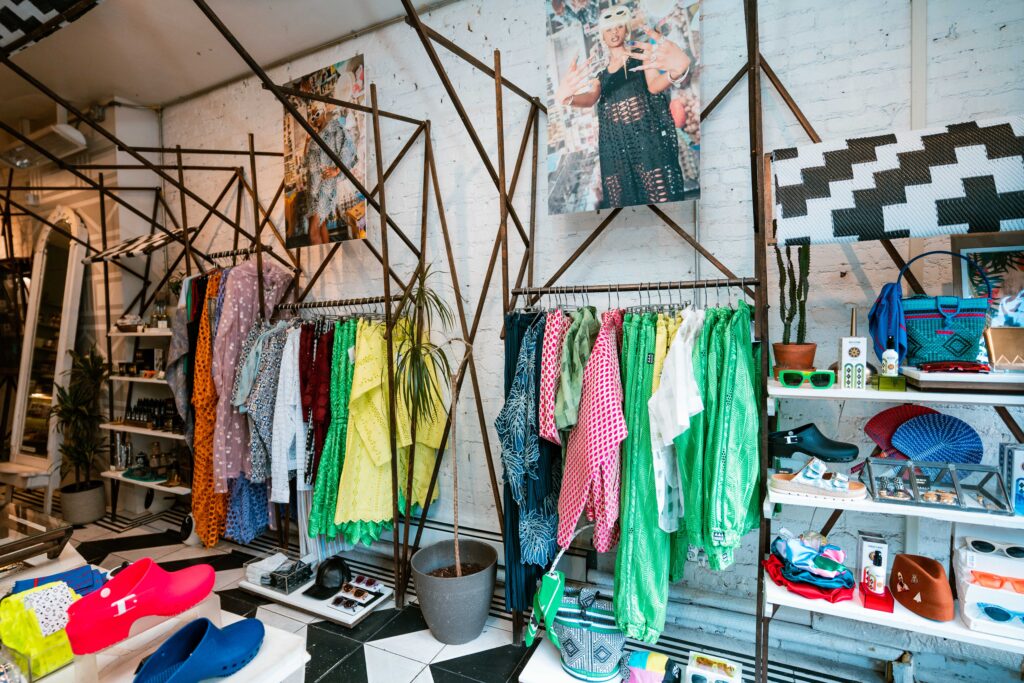
What advice do you have for other concept store owners?
You have to do what feels right to you as opposed to what everybody else is doing. And you have to believe in that. You have to be agile enough to be able to pivot while still remaining true to your global vision.
I don’t try to follow any specific calendar or any rules that have been set forth by the industry simply because I’m a small store and I get to create and drive that concept. I do what feels good to me.
It really is about having a point of view– that’s why it’s called a concept store. You have to have an idea of what that point of view is and go from there. At any point, you can turn a corner and go down a different path and as long as you do it in an authentic way, your clientele will move with you.

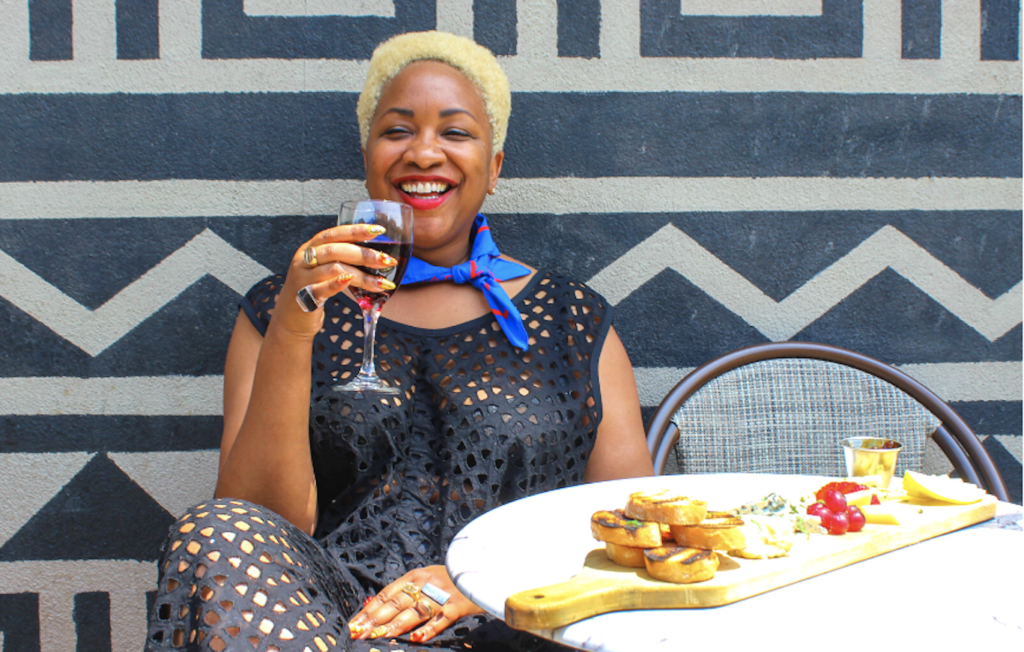
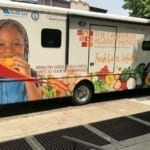

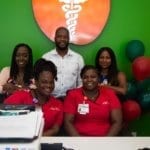
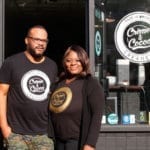

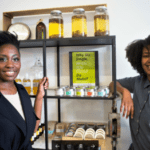

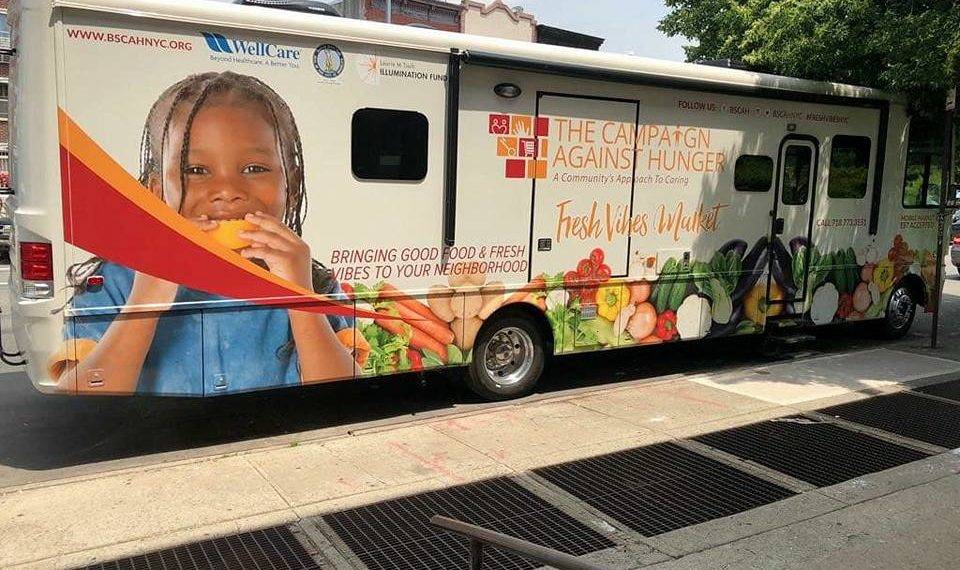

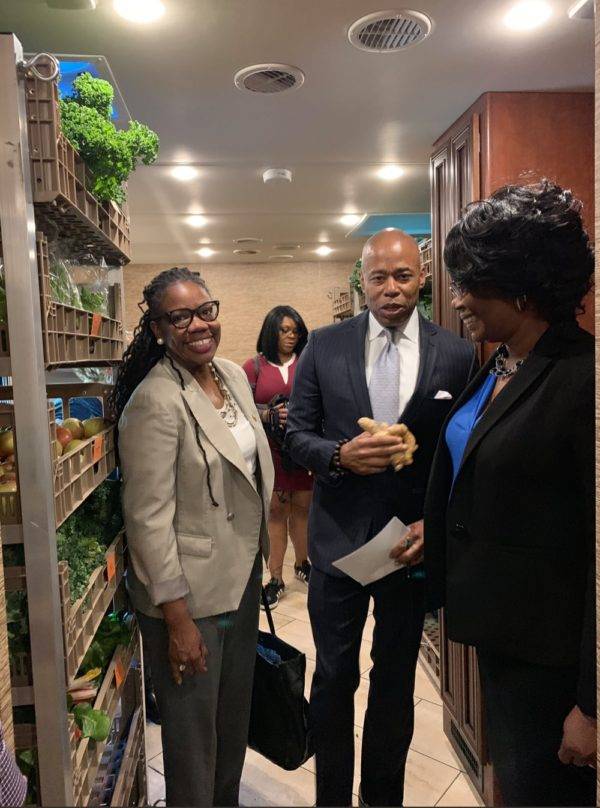
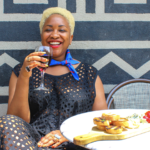

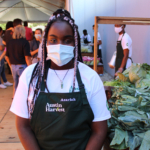
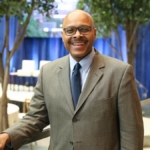


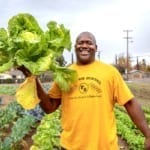

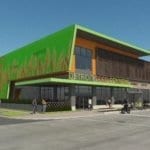
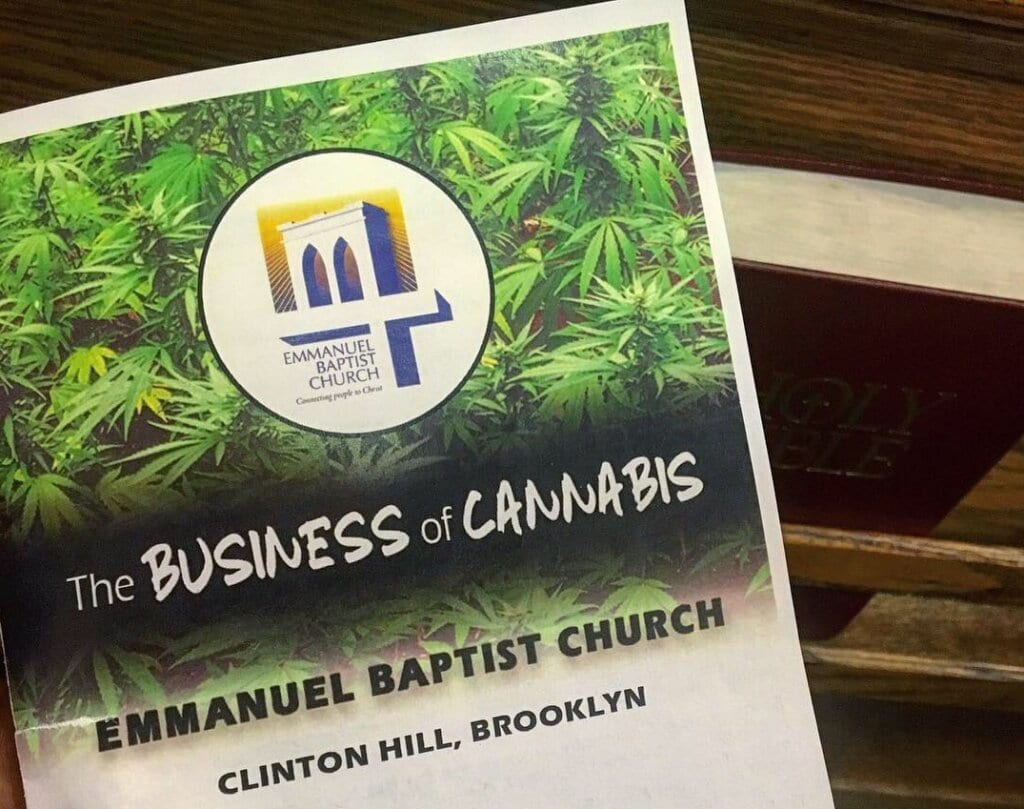
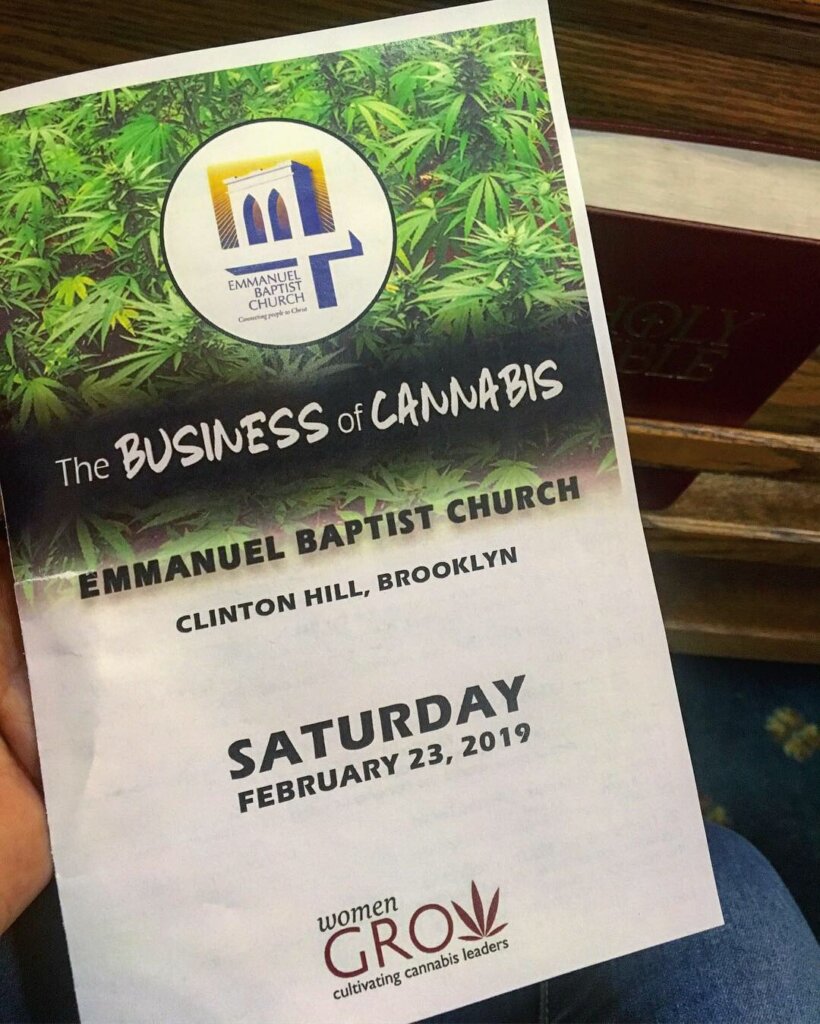
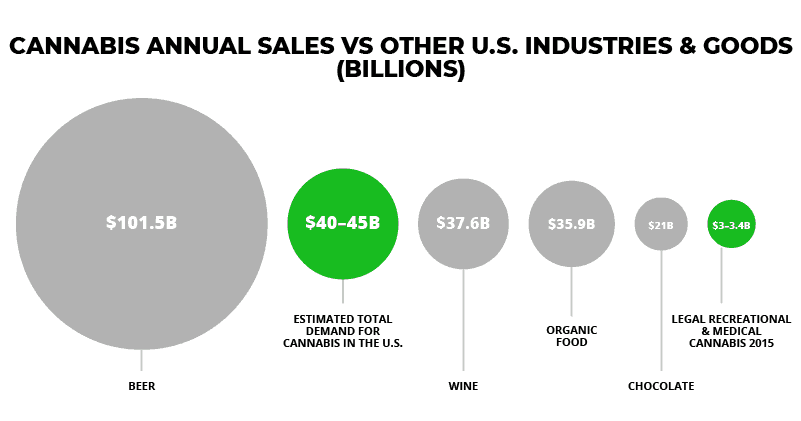
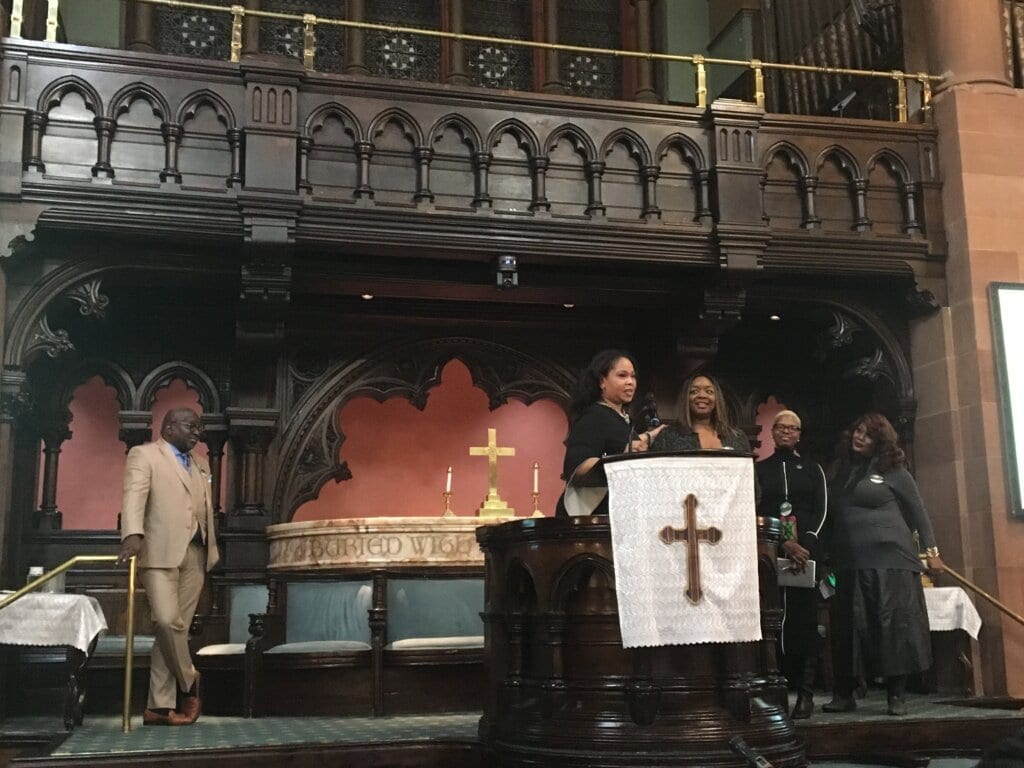
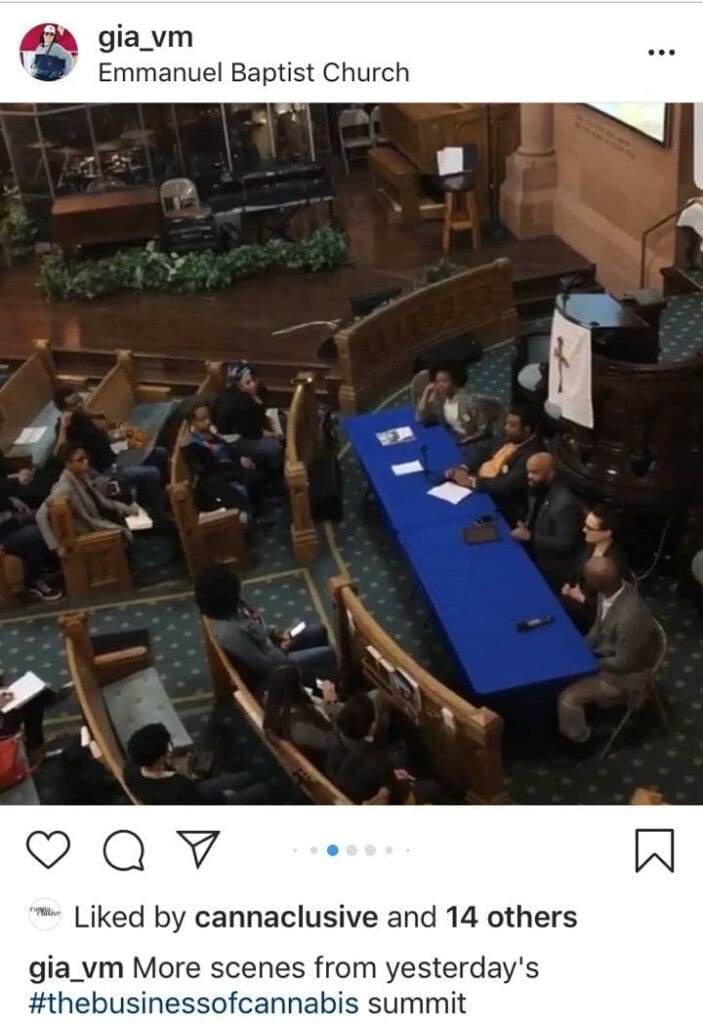
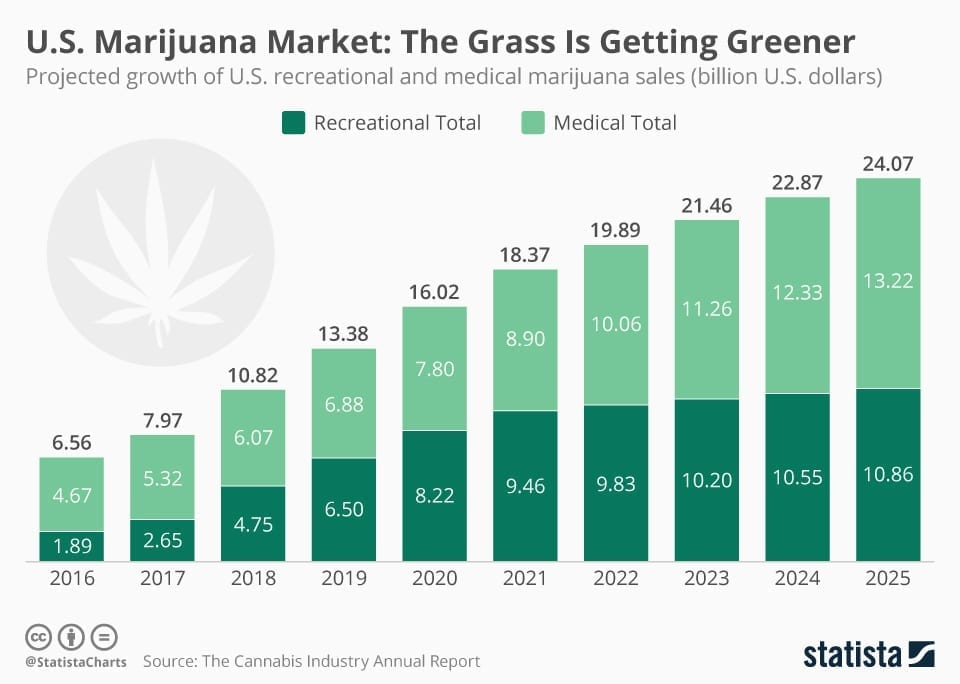
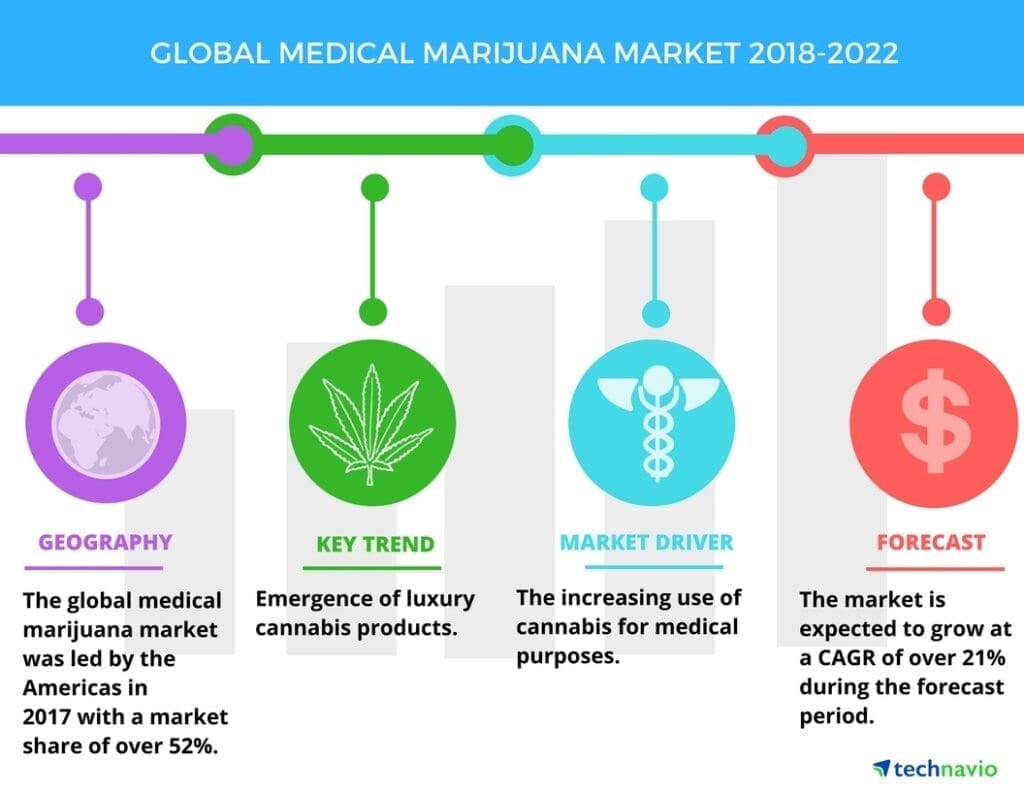
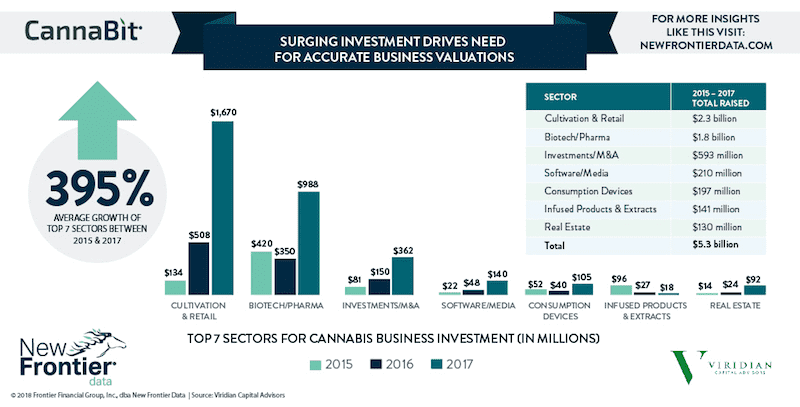

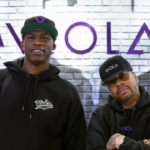






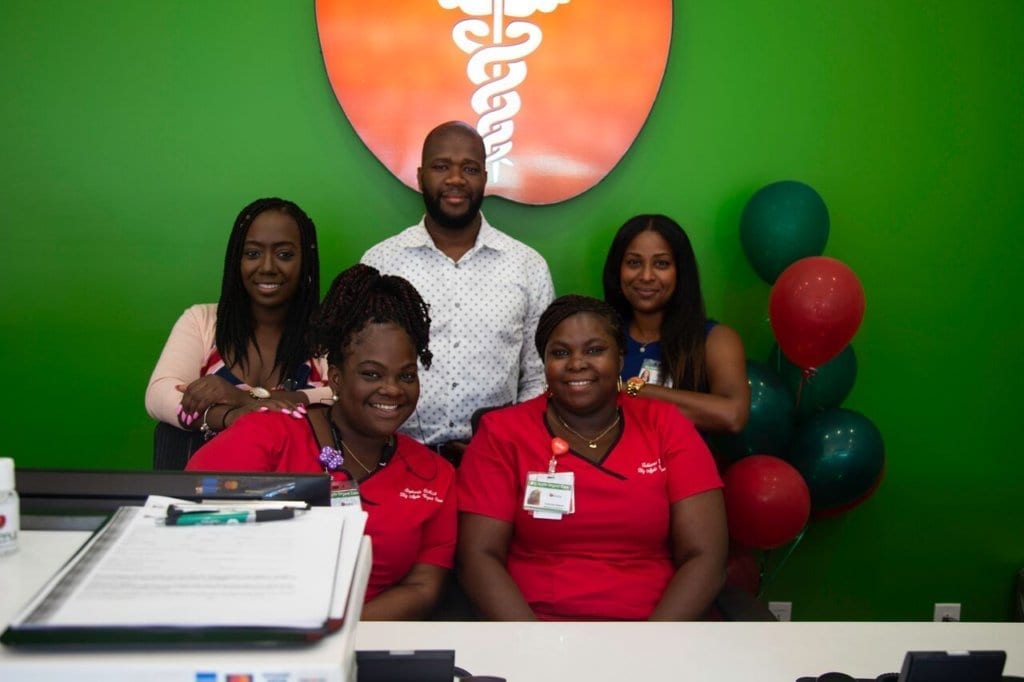
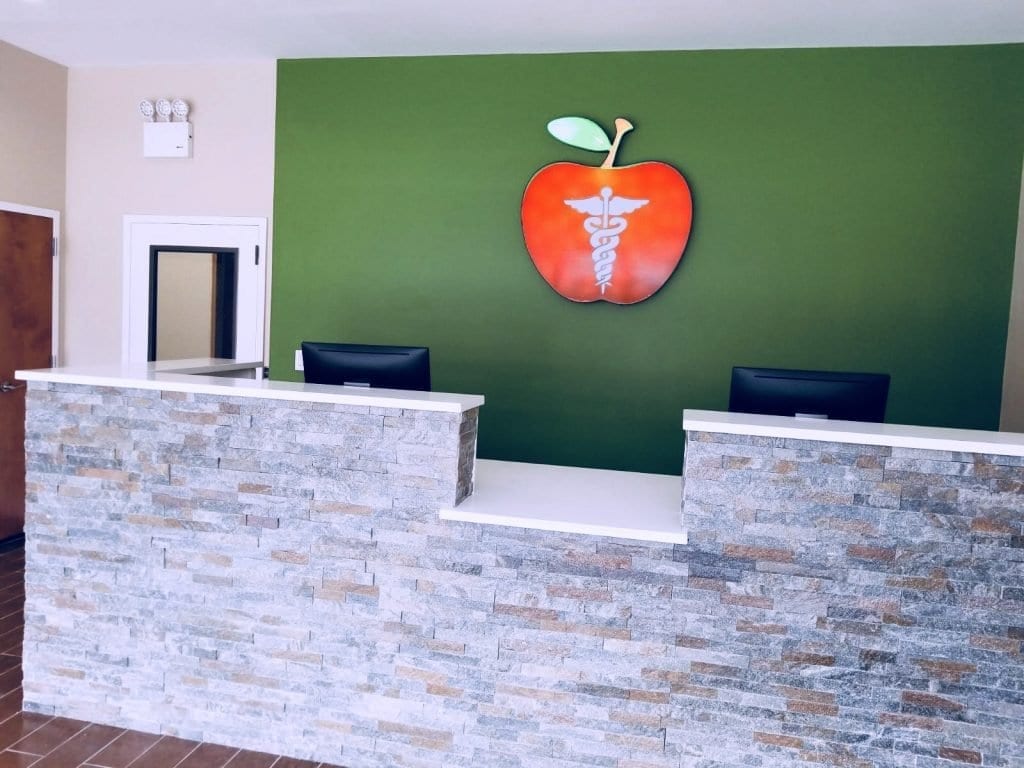
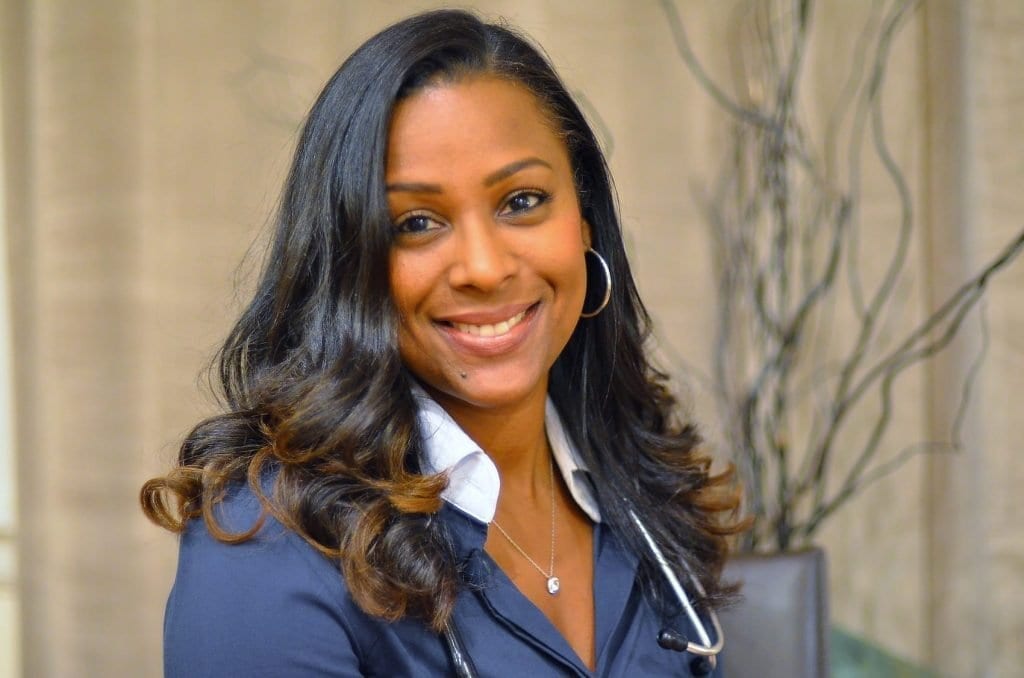
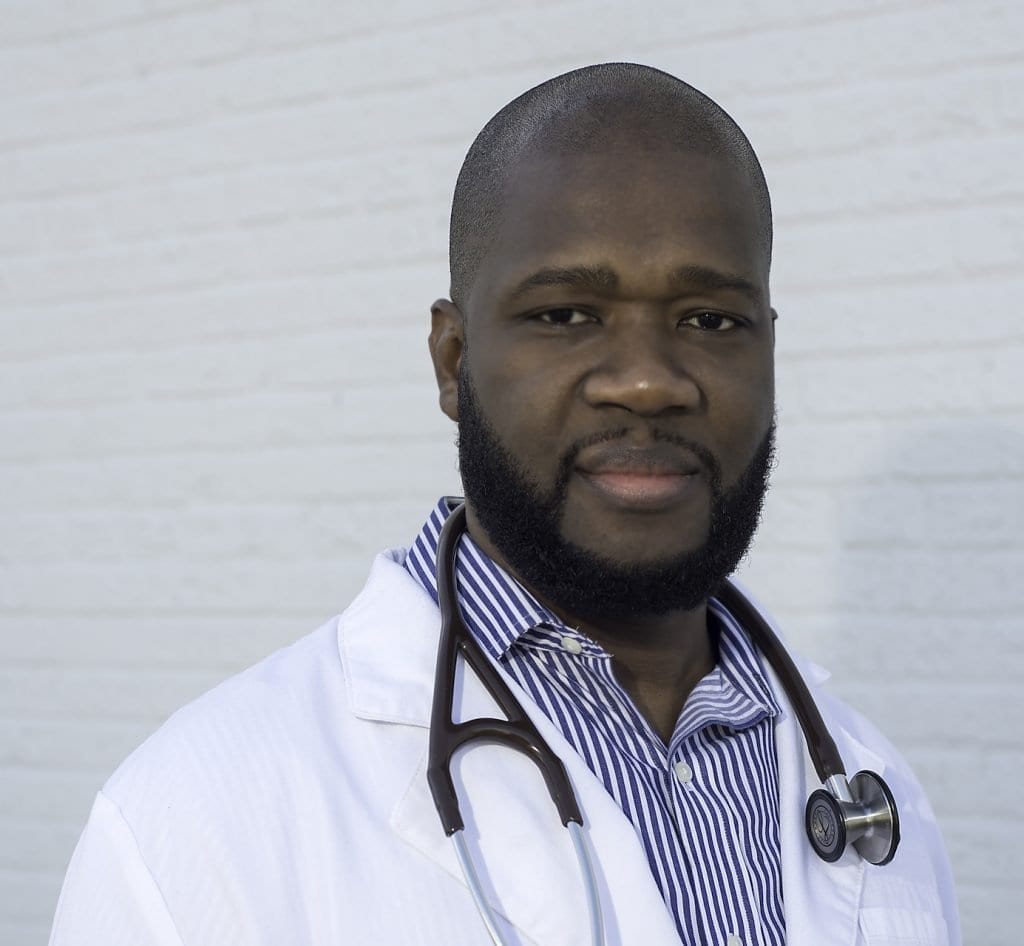
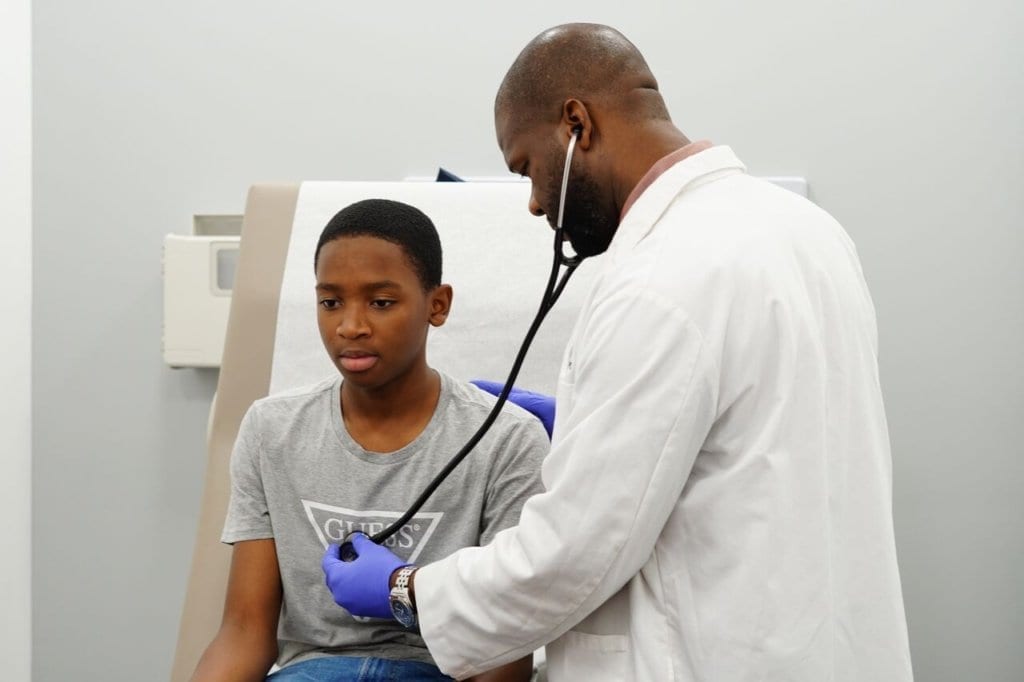
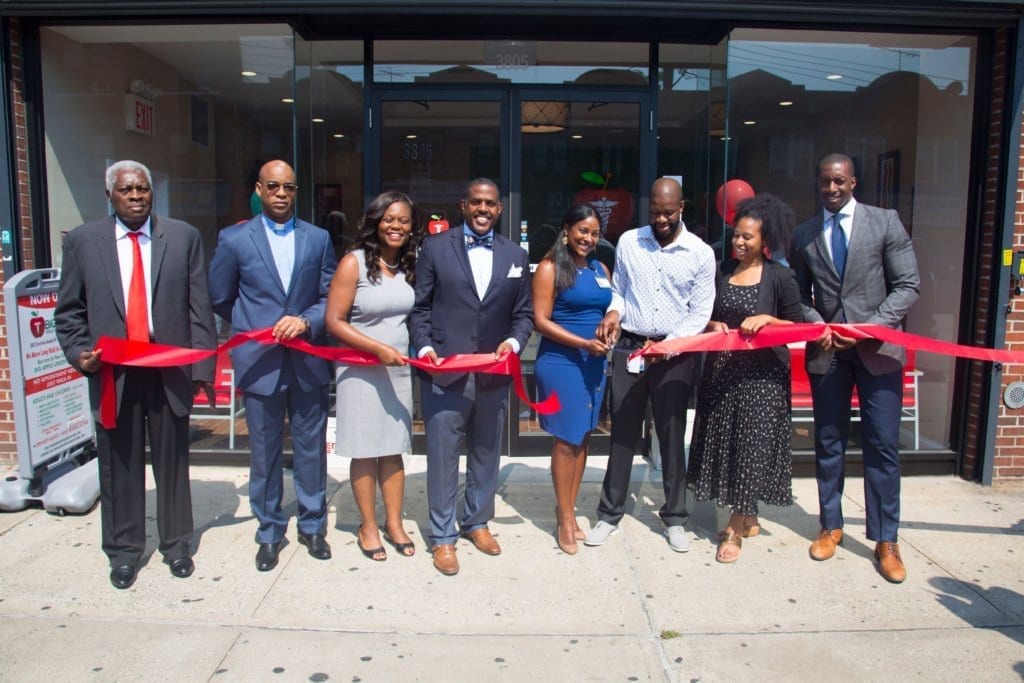
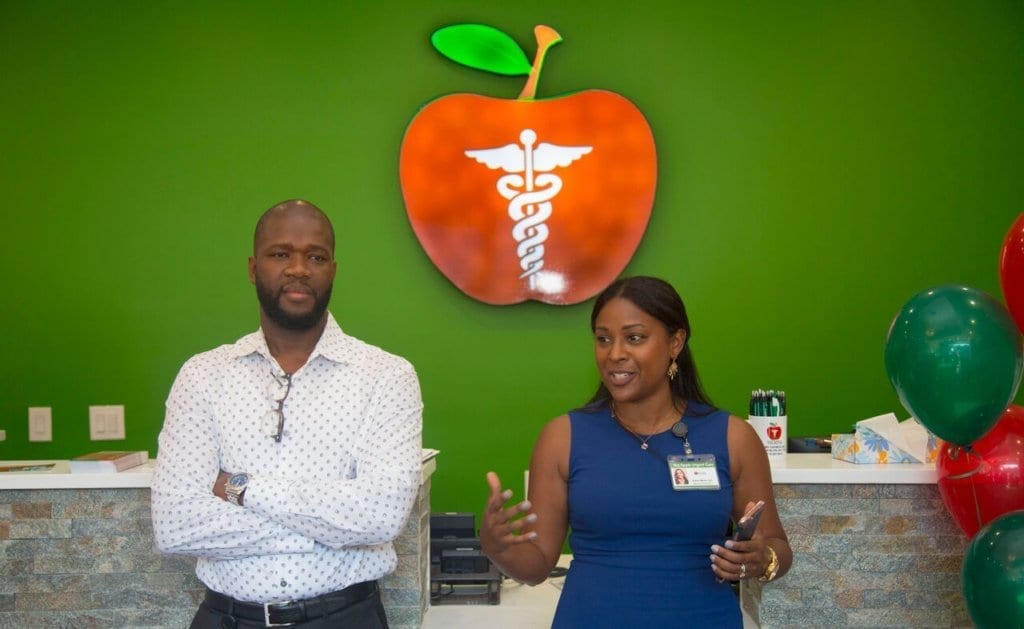
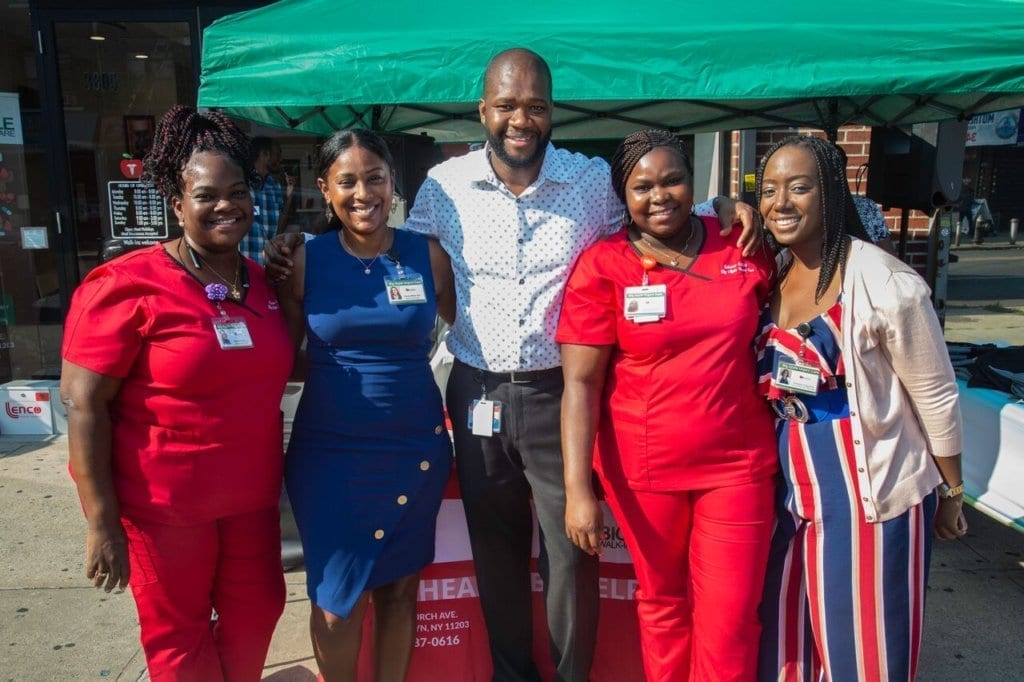
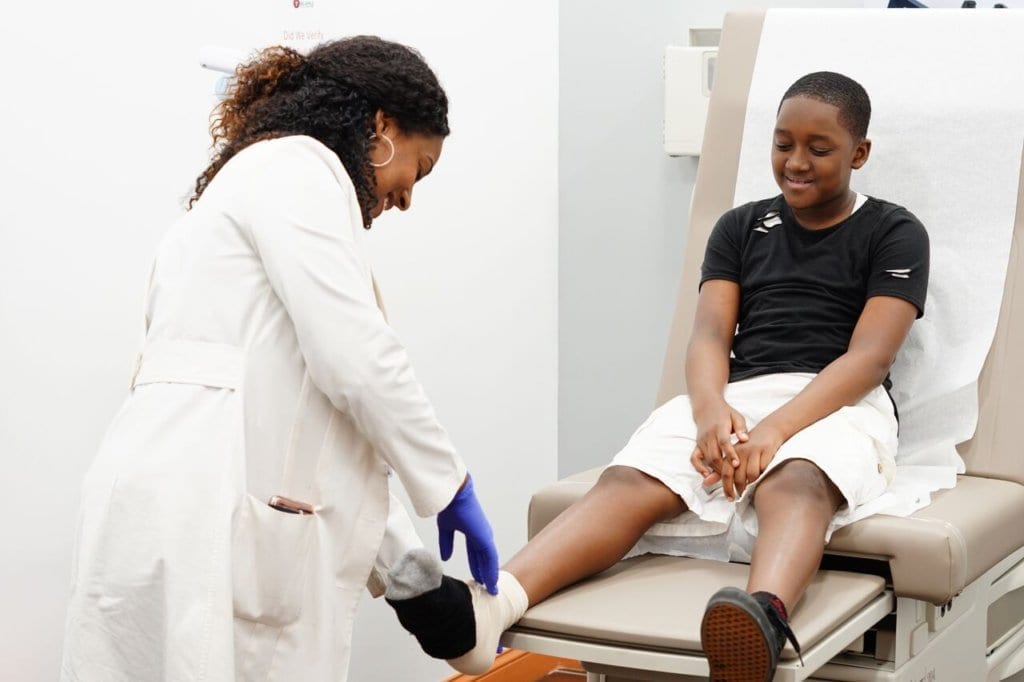
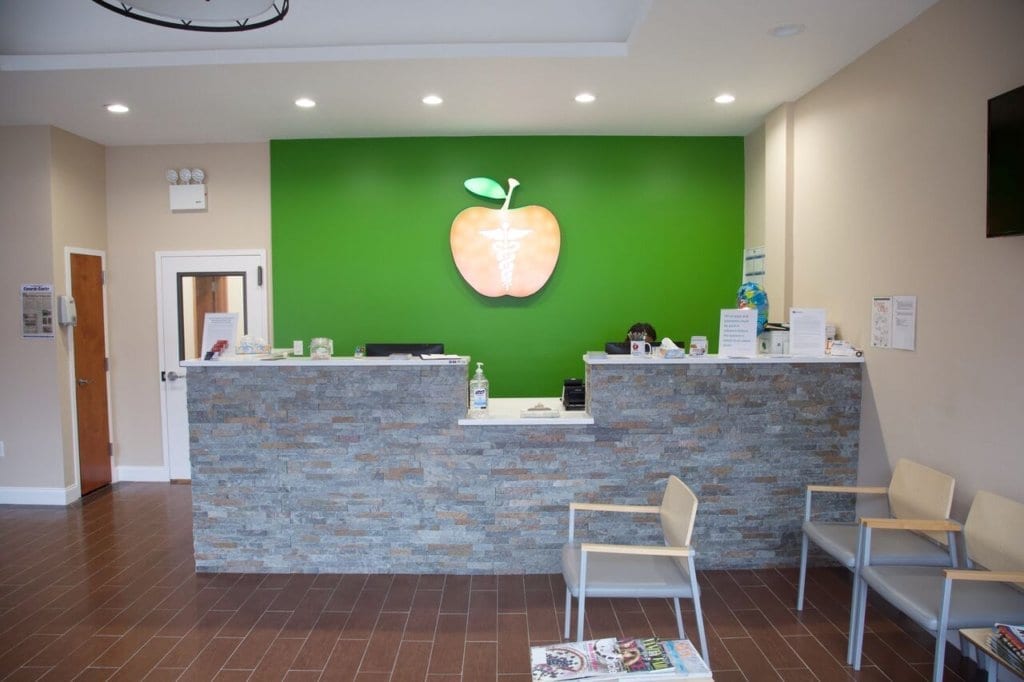
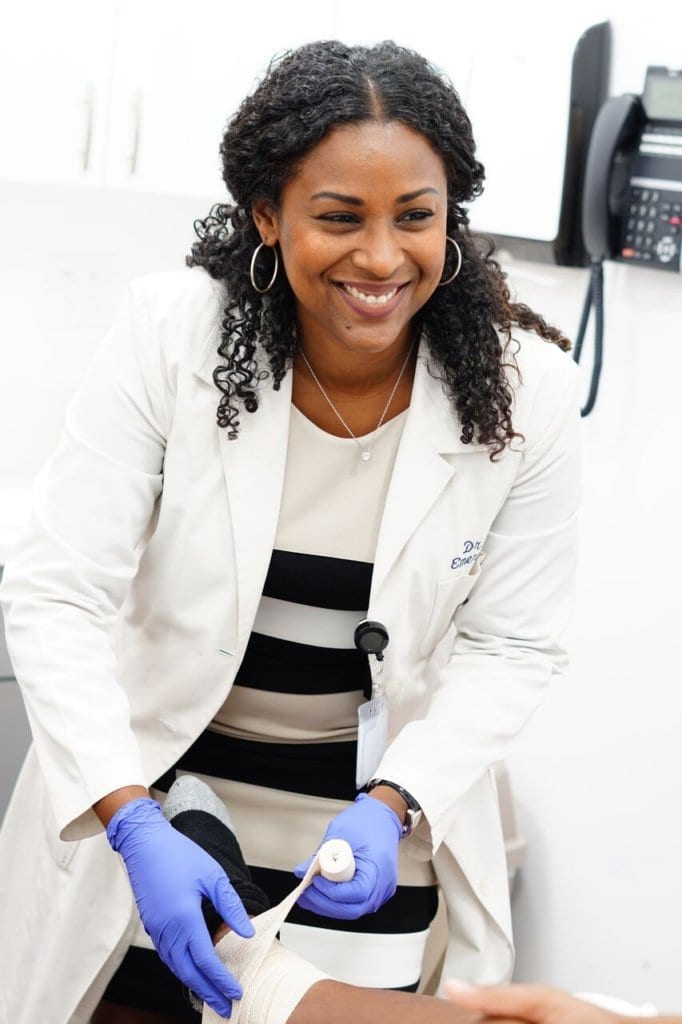




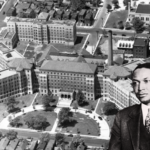




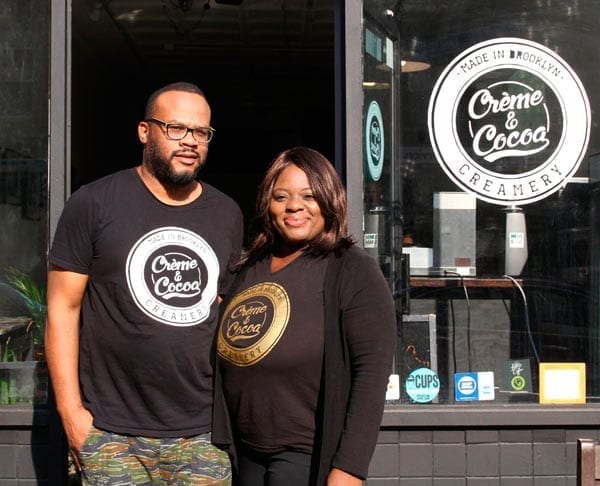
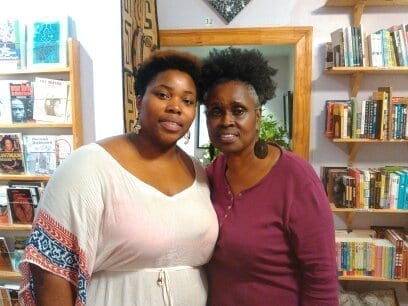
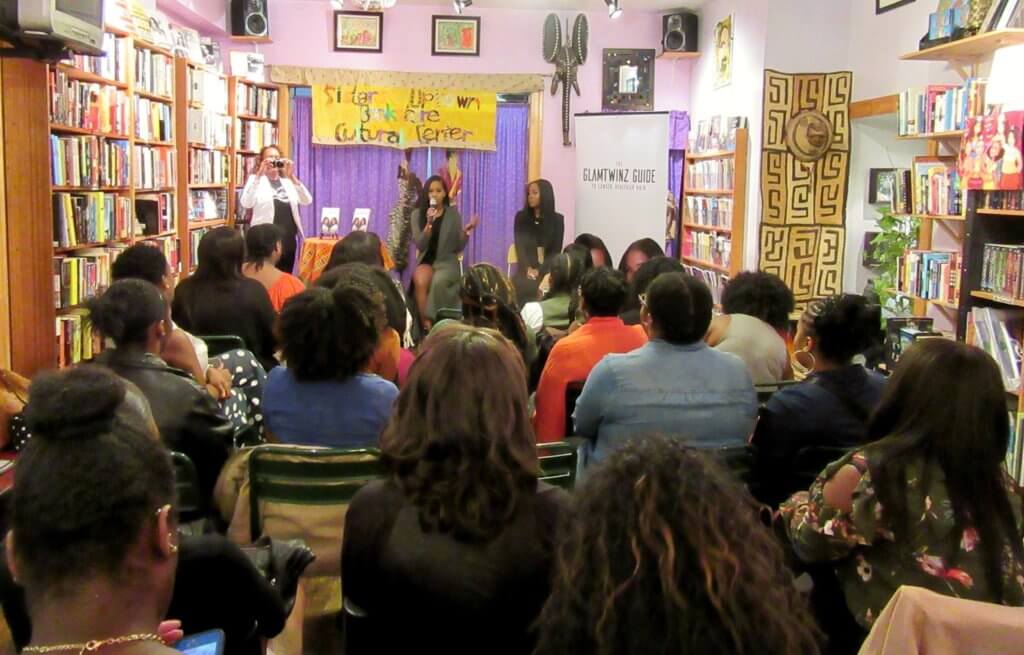


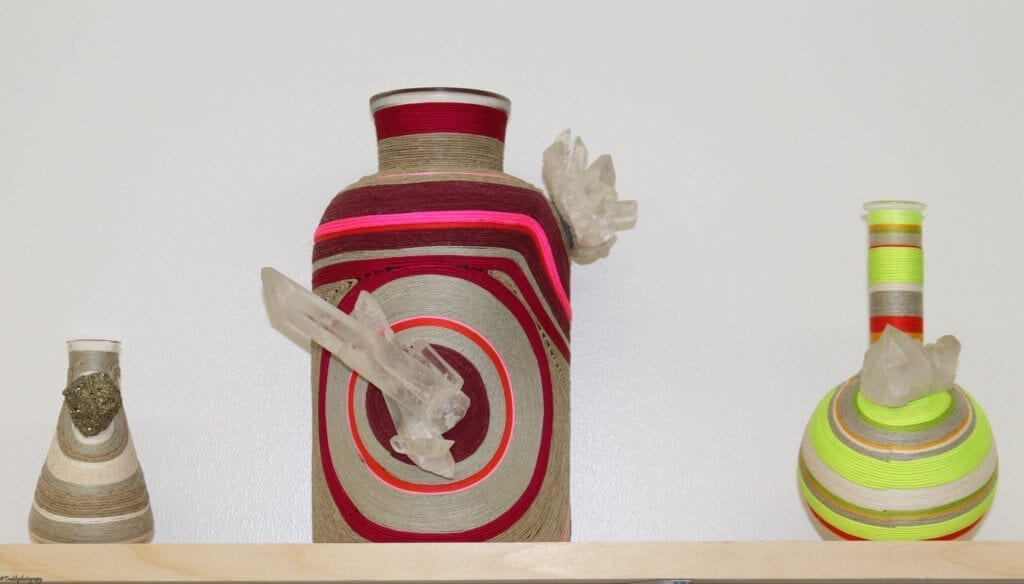
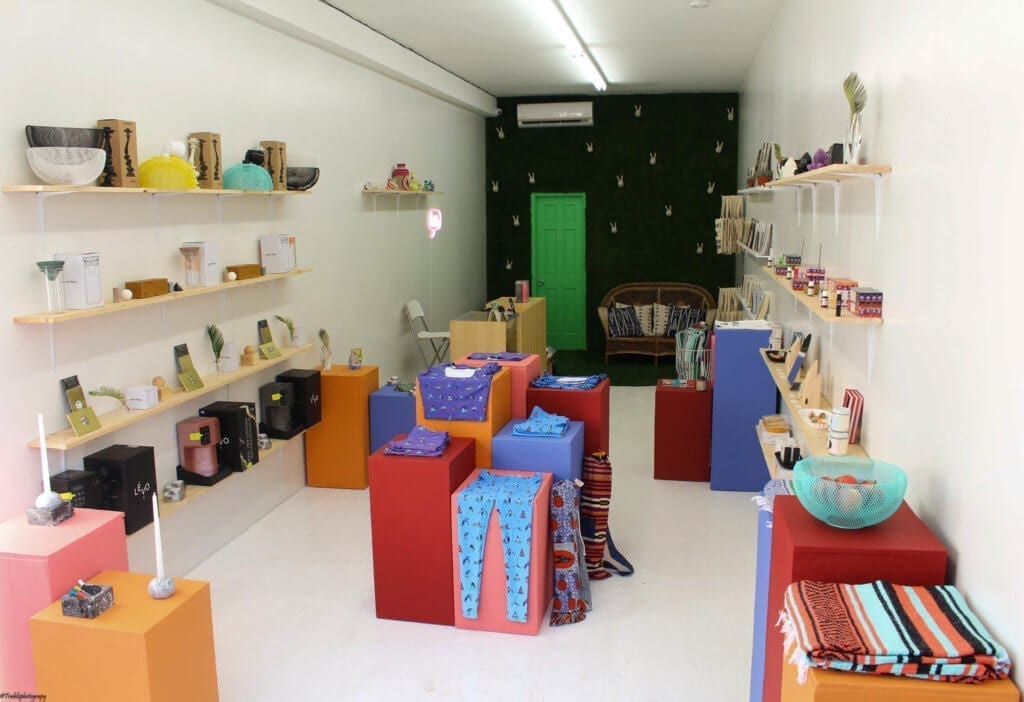

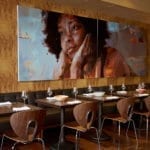
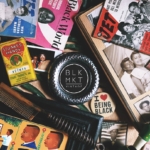


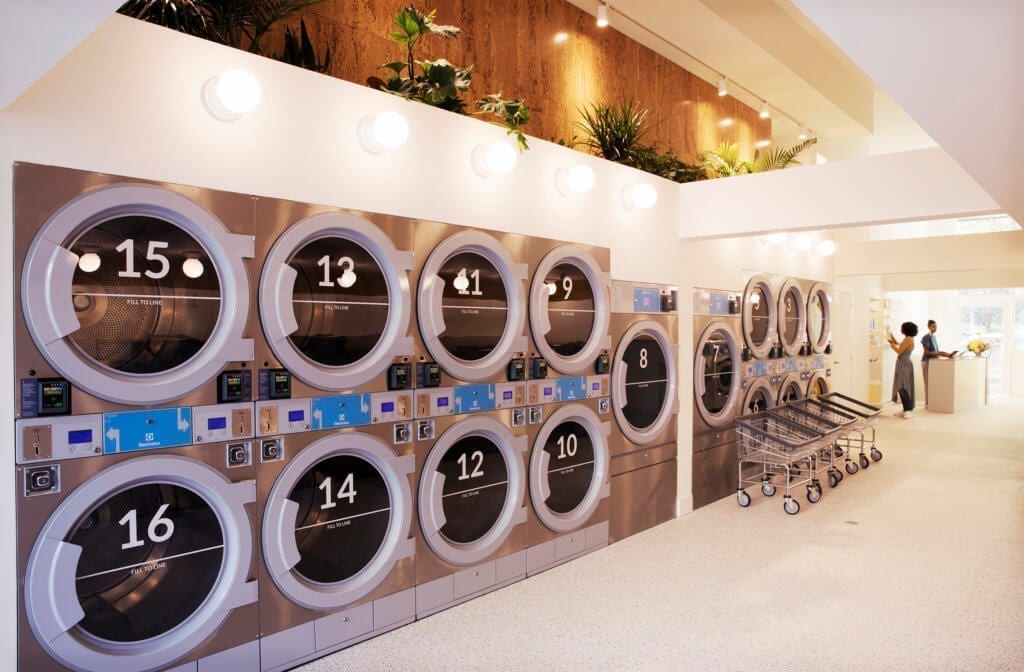
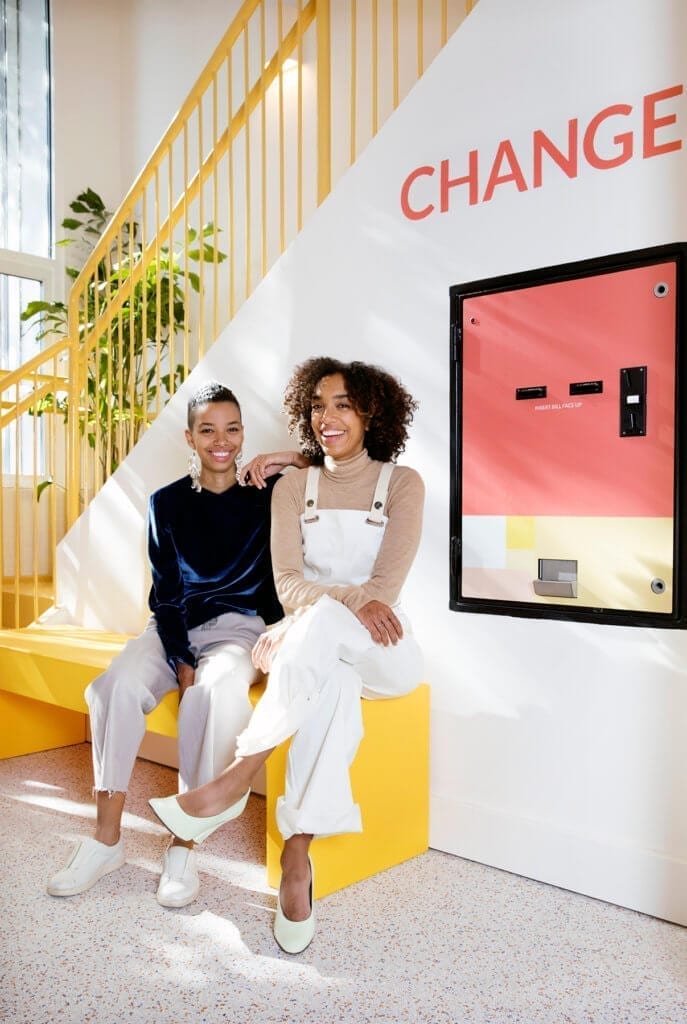
 How did you raise the capital to start the business?
How did you raise the capital to start the business? 